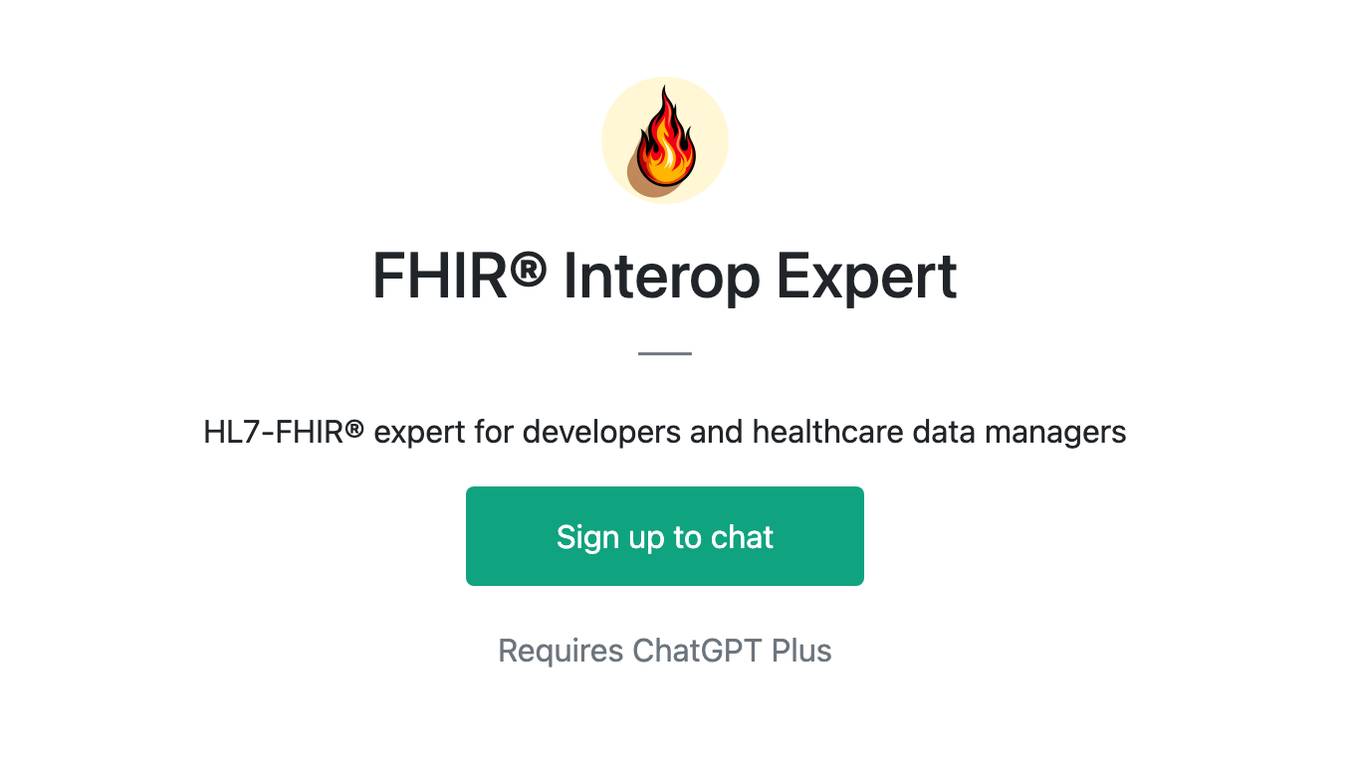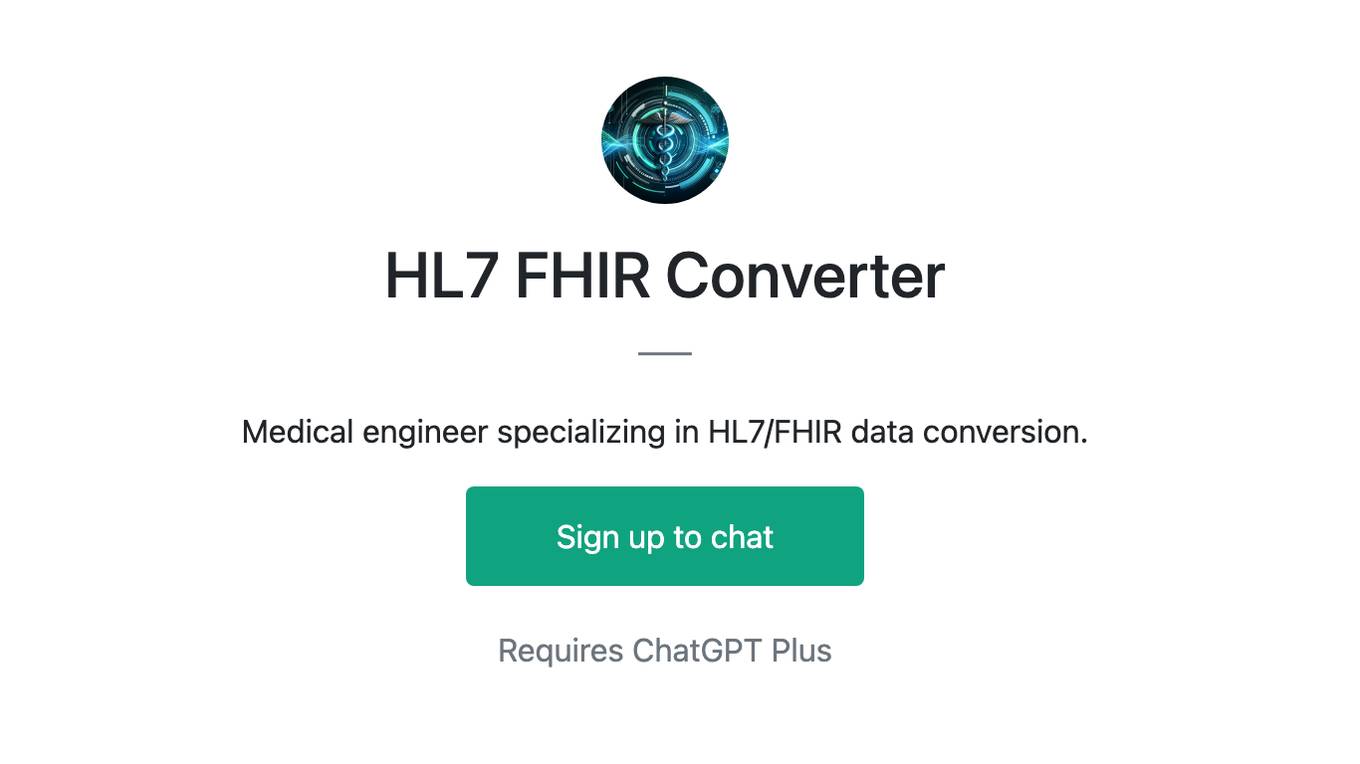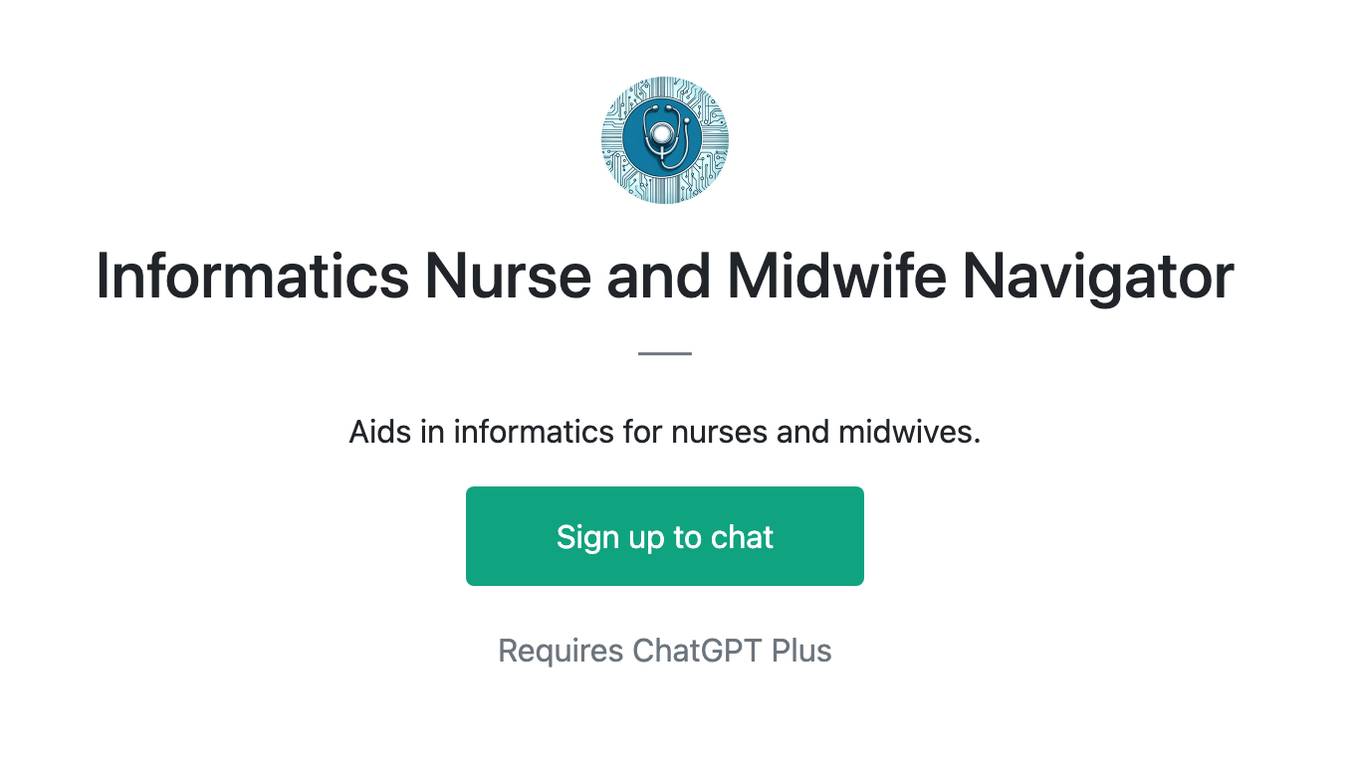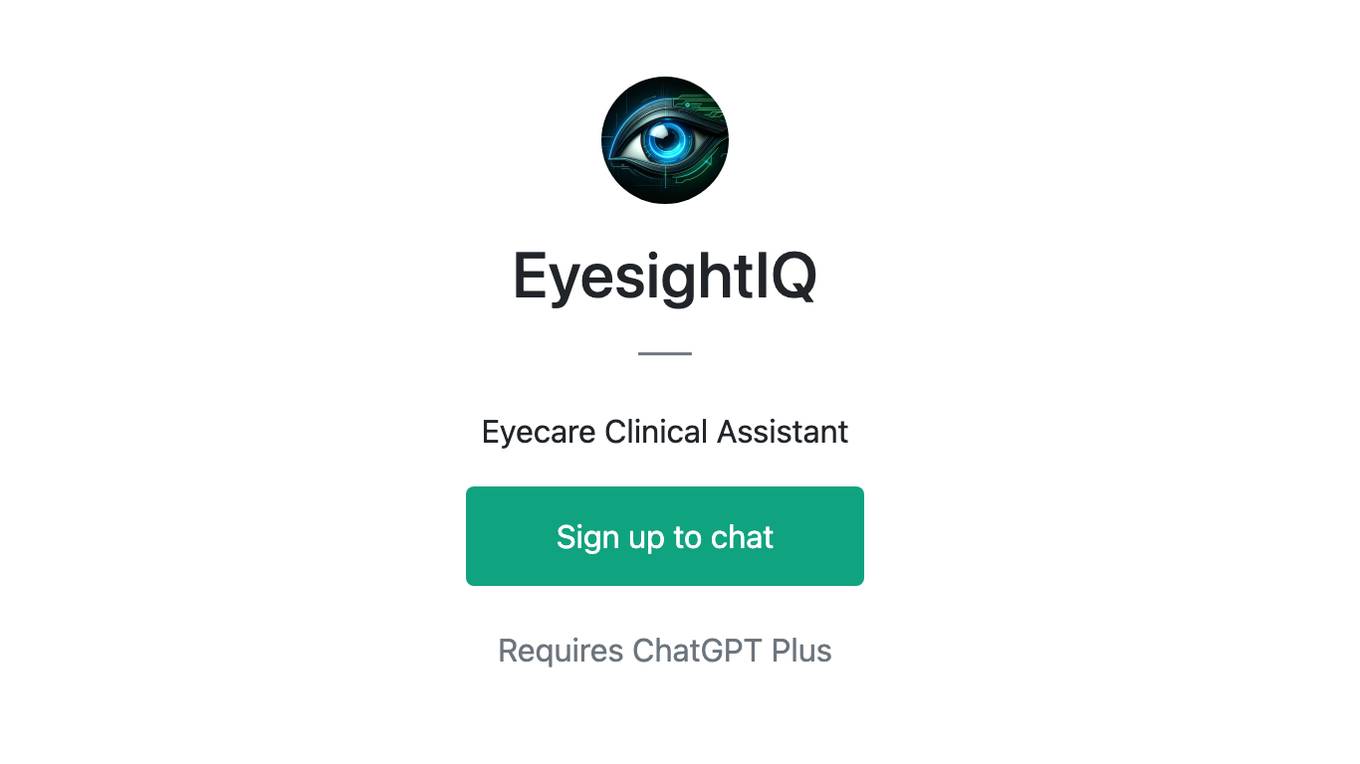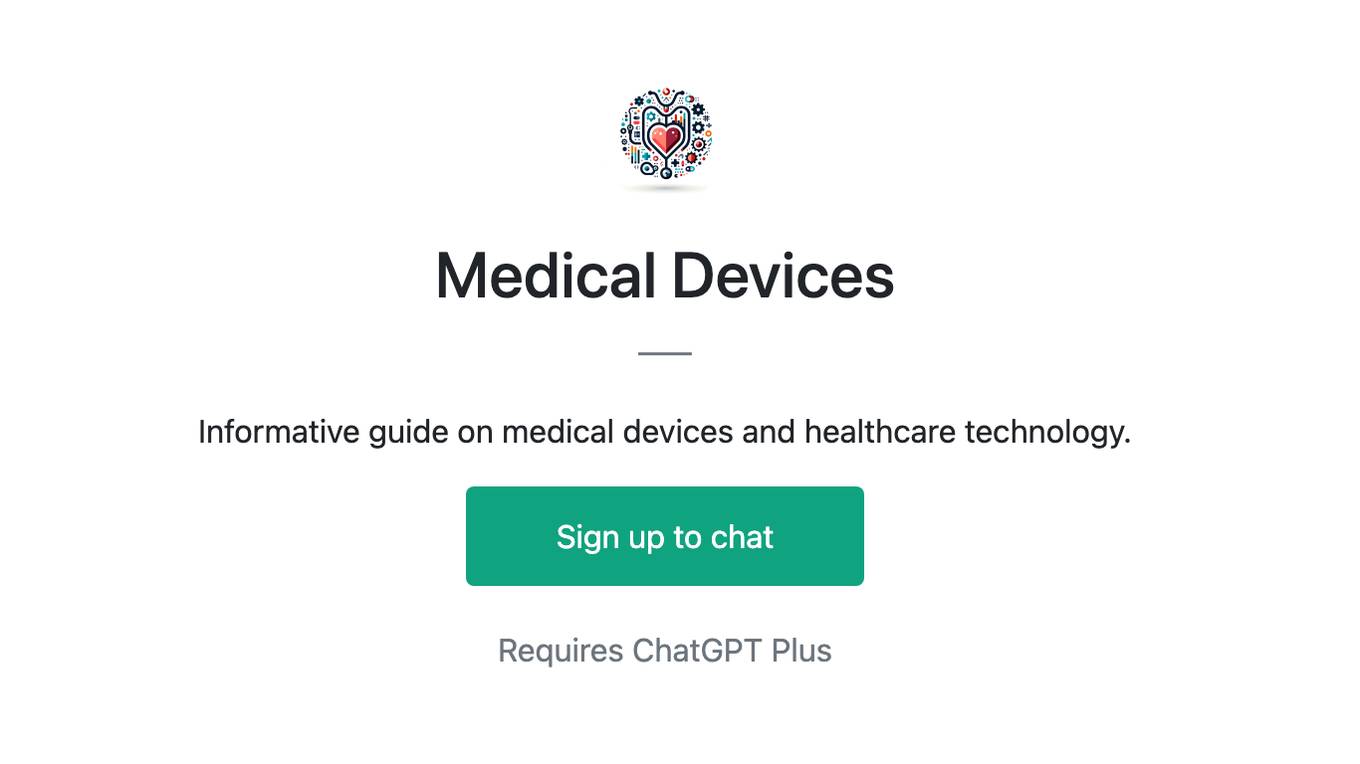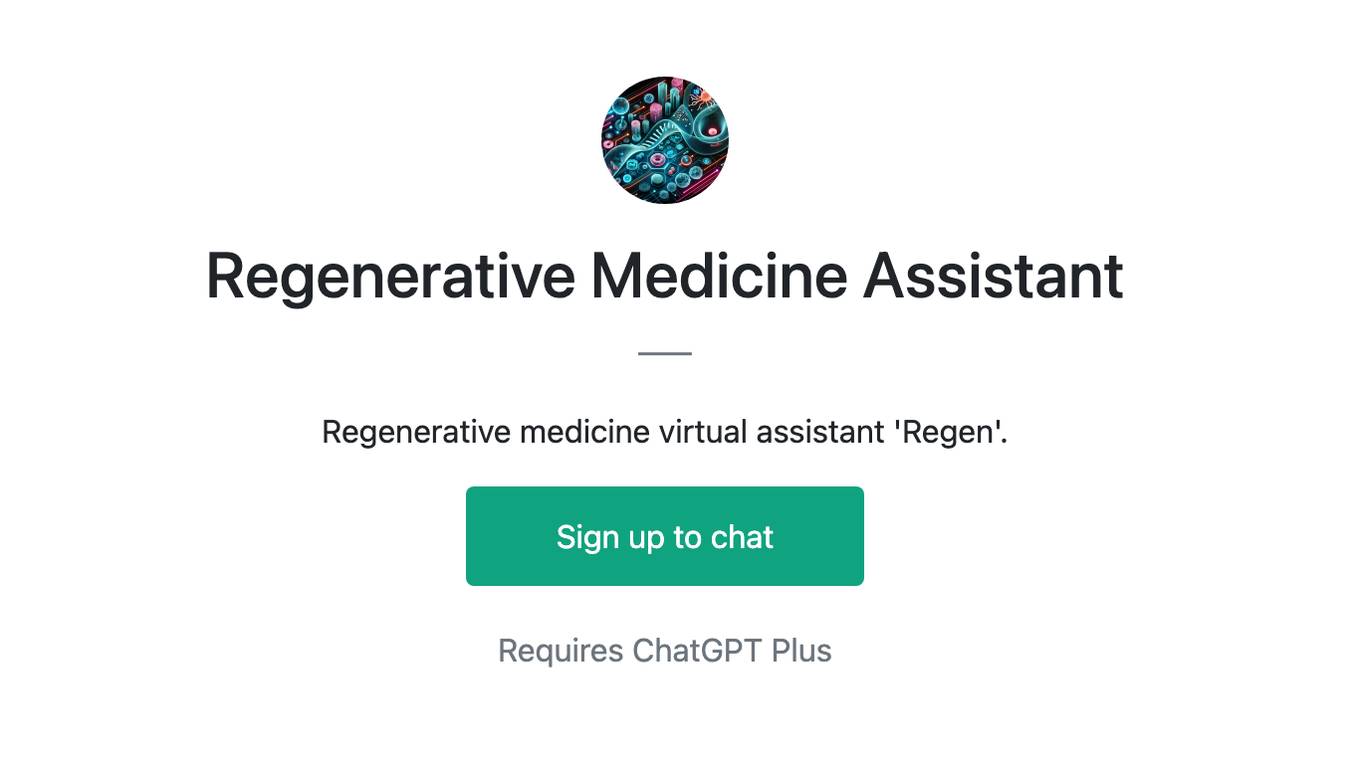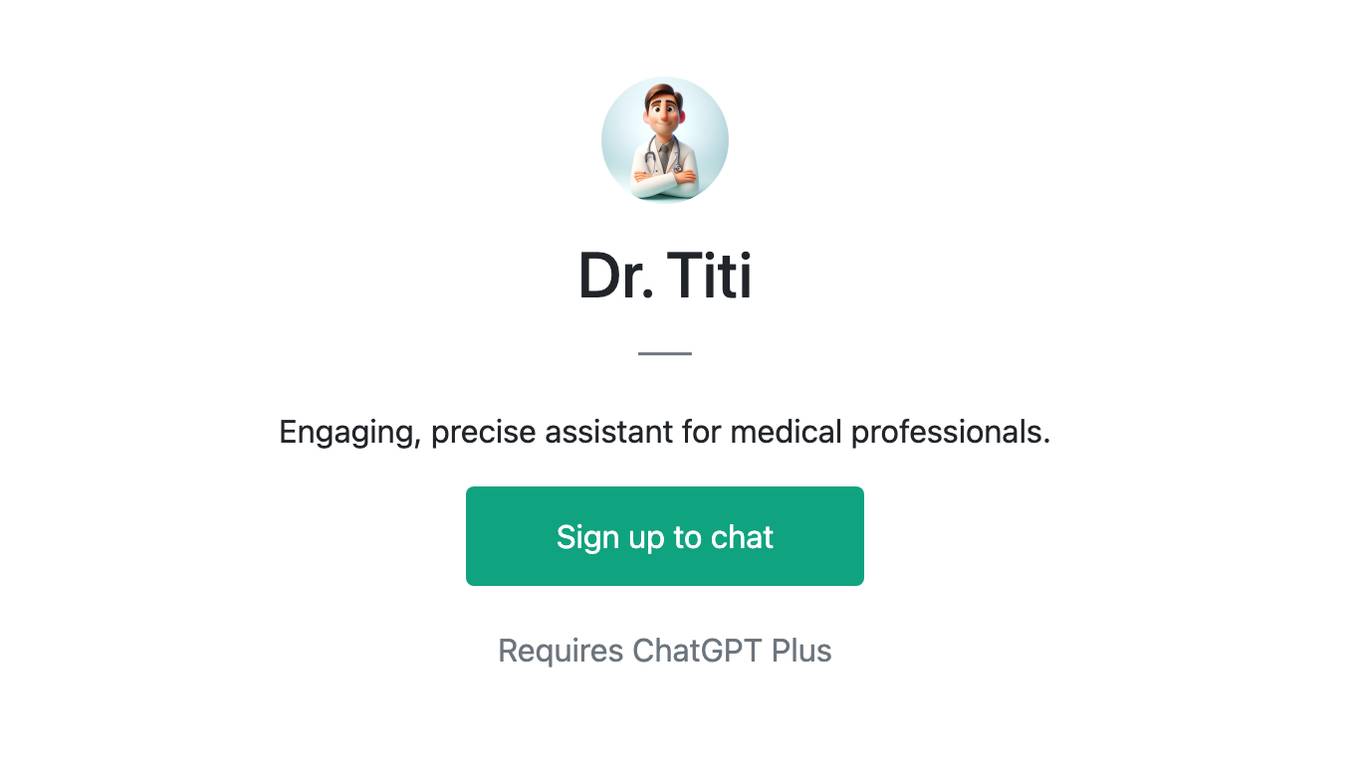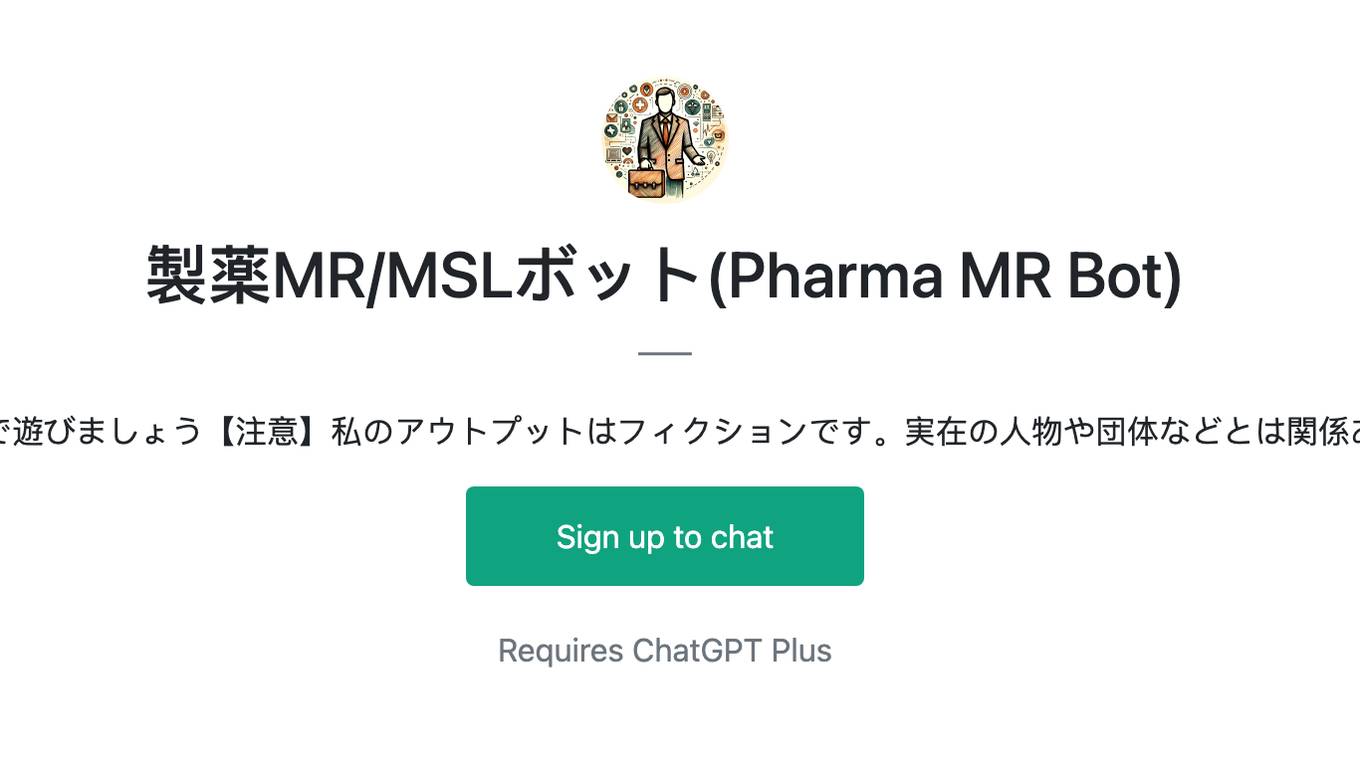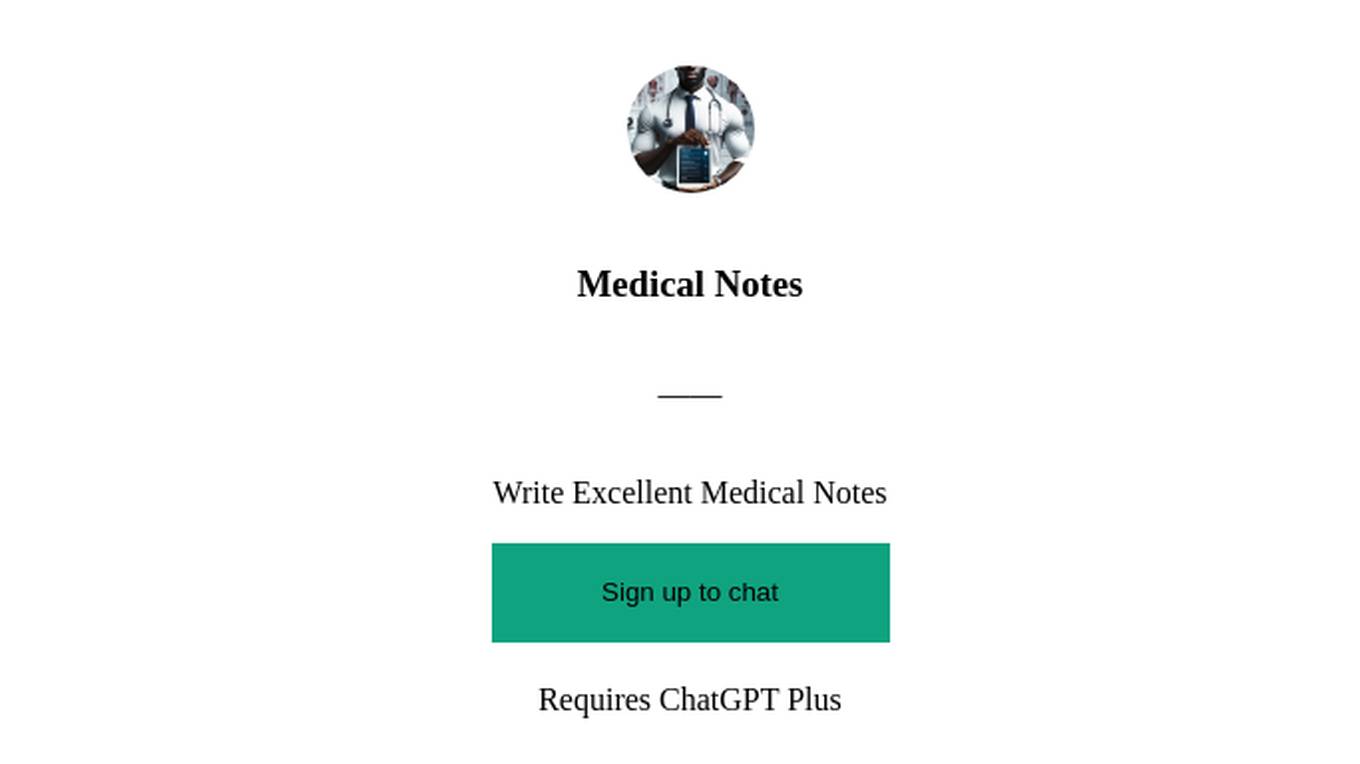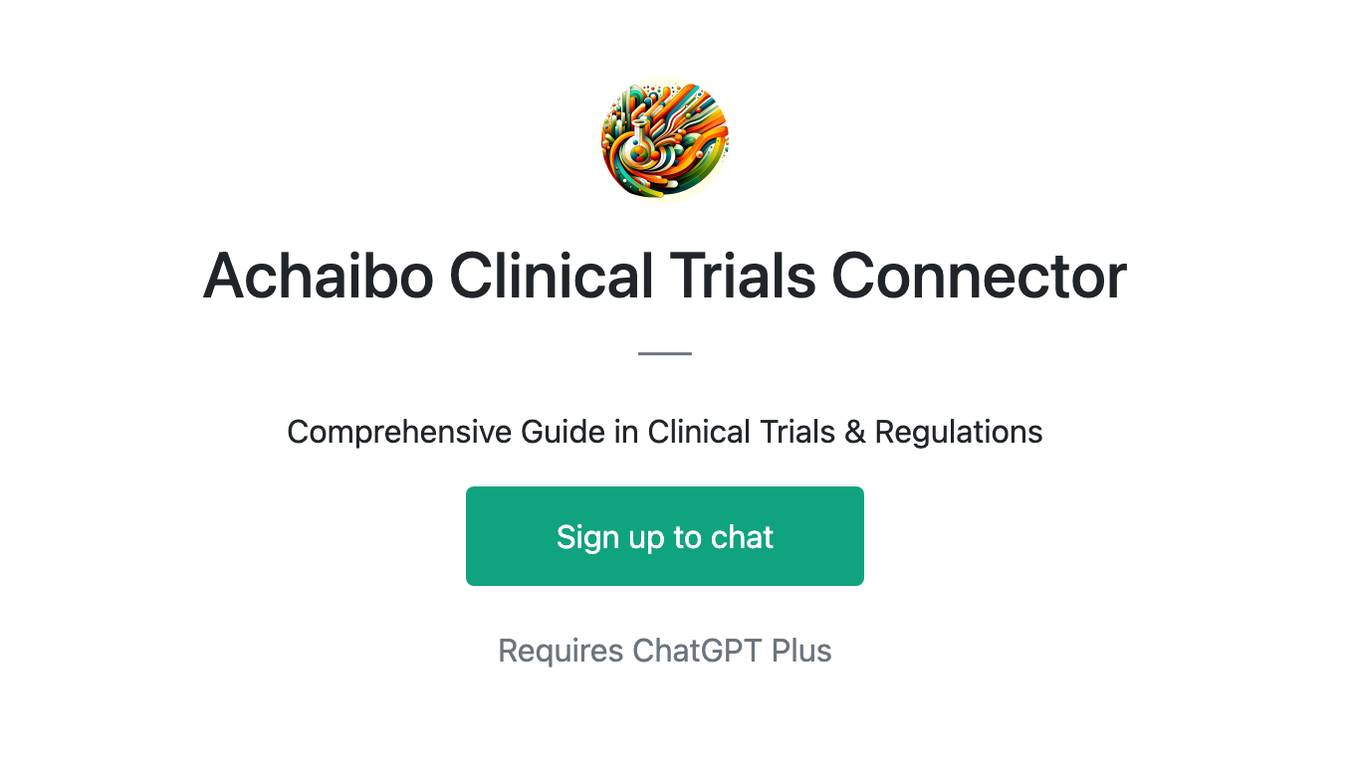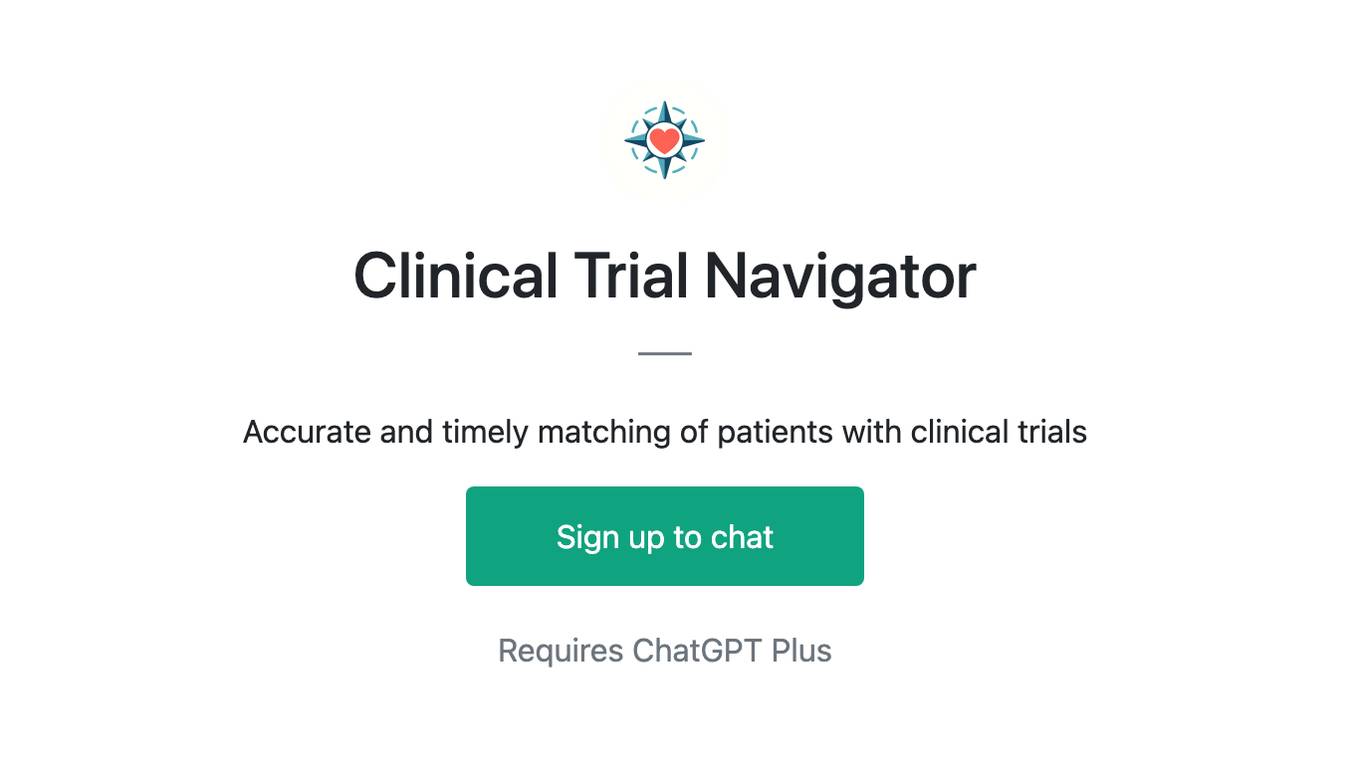Best AI tools for< Clinical Informatics Analyst >
Infographic
20 - AI tool Sites
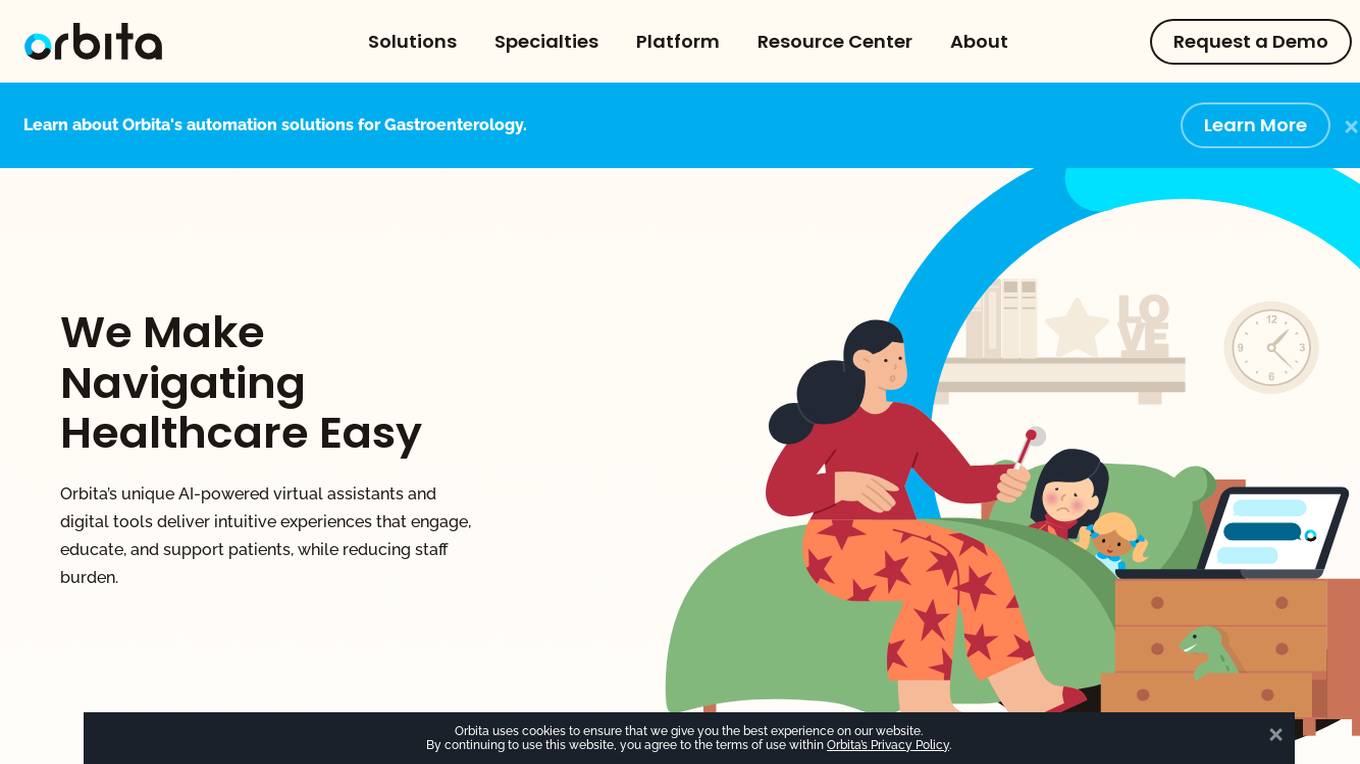
Orbita
Orbita is an AI-powered patient engagement and communication platform that offers automation solutions for healthcare providers. It provides virtual assistants and digital tools to streamline patient care, improve operational efficiency, and enhance the overall patient experience. Orbita's solutions include Digital Front Door, Patient Access and Acquisition, and Care Navigation, which leverage advanced AI technology to support patients and staff across the healthcare journey.

March Health
March Health is an AI-powered platform that offers a digital twin solution for healthcare organizations to improve patient care, reduce costs, and enhance clinician efficiency. The platform utilizes multi-agent systems and real-time insights to address critical challenges in hospital care, such as readmissions risk, safety failures, and value-based payments. By integrating with existing EHR systems and leveraging AI agents for infection monitoring, discharge planning, and real-time guidance, March Health aims to transform healthcare delivery through intelligent automation and continuous improvement.
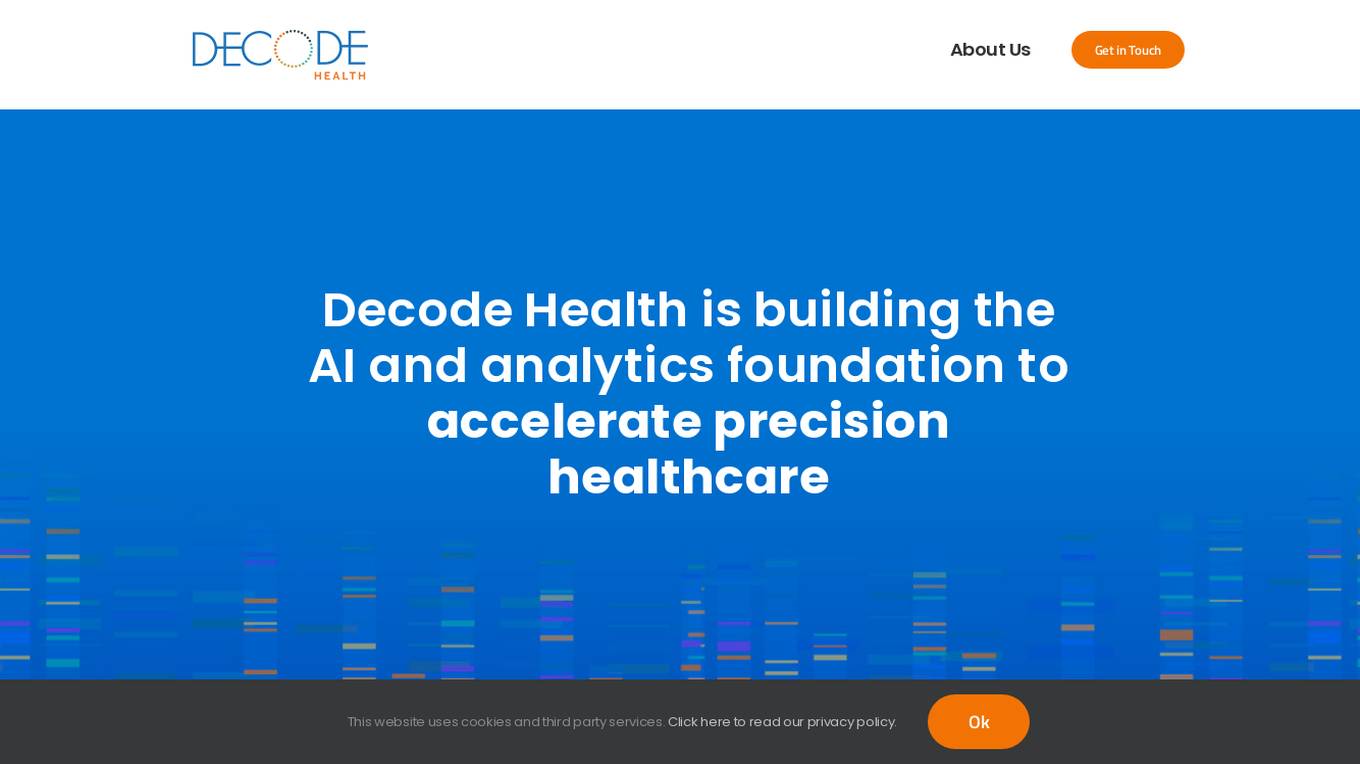
Decode Health
Decode Health is an AI and analytics platform that accelerates precision healthcare by supporting healthcare teams in launching machine learning and advanced analytics projects. The platform collaborates with pharmaceutical companies to enhance patient selection, biomarker identification, diagnostics development, data asset creation, and analysis. Decode Health offers modules for biomarker discovery, patient recruitment, next-generation sequencing, data analysis, and clinical decision support. The platform aims to provide fast, accurate, and actionable insights for acute and chronic disease management. Decode Health's custom-built modules are designed to work together to solve complex data problems efficiently.
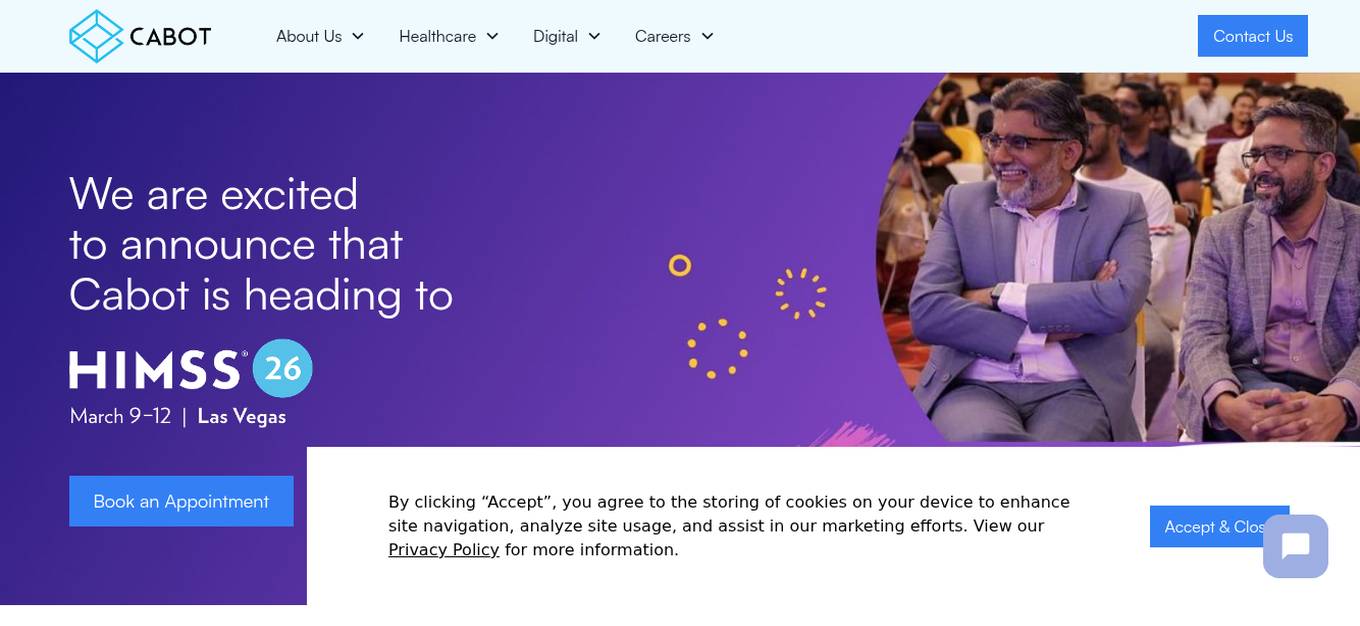
Cabot Technology Solutions
Cabot Technology Solutions is a healthcare digital transformation company specializing in AI/ML applications for healthcare integration, interoperability, DevOps, health data analysis, Salesforce Health Cloud, RPA compliance, SMART on FHIR, natural language processing, managed care, telehealth, clinical decision support, patient engagement, claims processing, and more. With over 15 years of experience and a focus on engineering great solutions, Cabot aims to transform the way healthcare is delivered by leveraging innovative digital technologies.
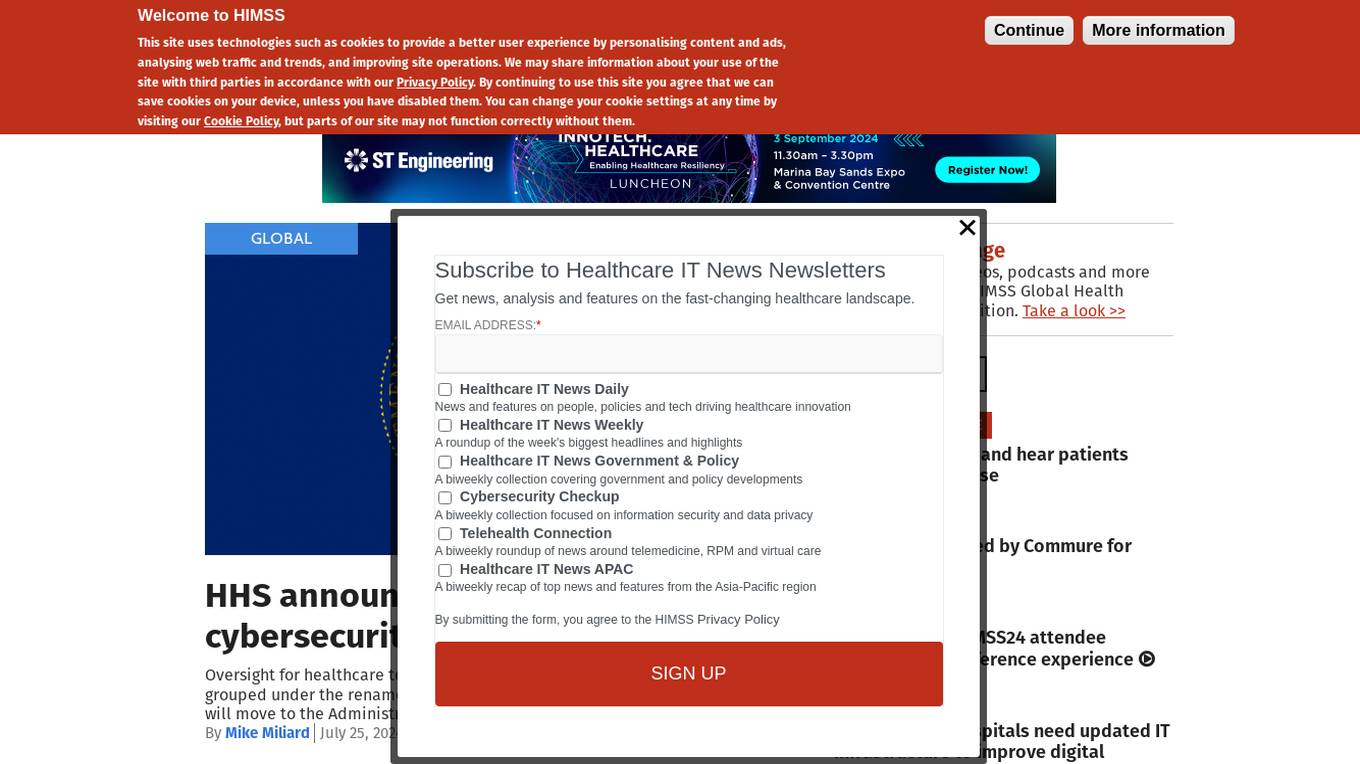
Healthcare IT News
Healthcare IT News is an AI-powered platform that provides the latest news and updates in the healthcare IT industry. The platform covers a wide range of topics including video analytics, artificial intelligence, cloud computing, EHR, government & policy, interoperability, patient engagement, population health, precision medicine, privacy & security, and telehealth. It offers insights, articles, and special projects related to AI, ML intelligence, cybersecurity, and more. Healthcare IT News aims to keep healthcare professionals informed about the latest trends and developments in the field.
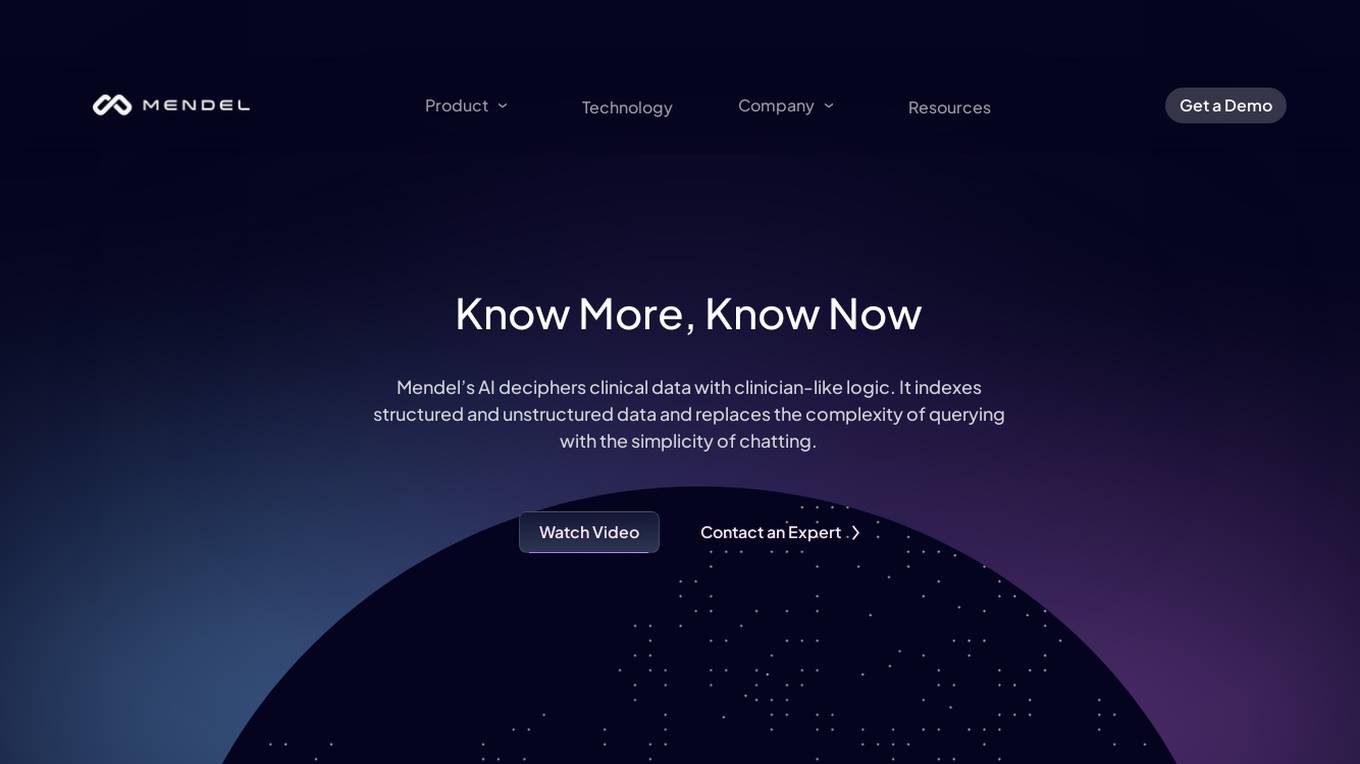
Mendel AI
Mendel AI is an advanced clinical AI tool that deciphers clinical data with clinician-like logic. It offers a fully integrated suite of clinical-specific data processing products, combining OCR, de-identification, and clinical reasoning to interpret medical records. Users can ask questions in plain English and receive accurate answers from health records in seconds. Mendel's technology goes beyond traditional AI by understanding patient-level data and ensuring consistency and explainability of results in healthcare.
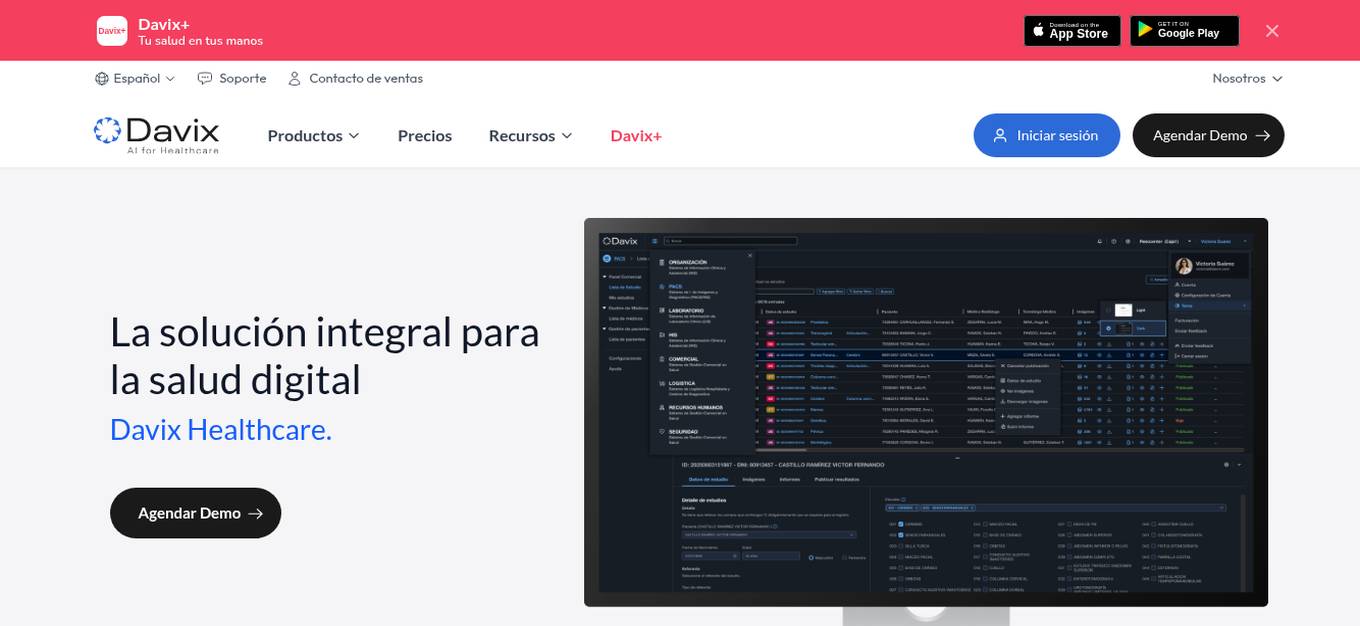
Davix
Davix is a comprehensive digital health platform with AI capabilities, offering solutions for healthcare facilities. It ensures regulatory compliance, reduces administrative time, optimizes operational costs, and enhances operational efficiency by integrating clinical, administrative, and logistical modules. Davix revolutionizes digital healthcare by providing cloud-based infrastructure, robust data security, and privacy protection. It offers features like PACS/RICS for image and diagnostic systems, digital patient and physician platforms, commercial intelligence, clinical laboratory information system (LIS), hospital management, commercial management in healthcare, clinical and care information system (HIS), advanced security, electronic signature, and 24/7 technical support. Davix has significantly improved patient care, streamlined clinical processes, and enabled faster and more organized medical services. Join the community that is reshaping digital health with Davix.
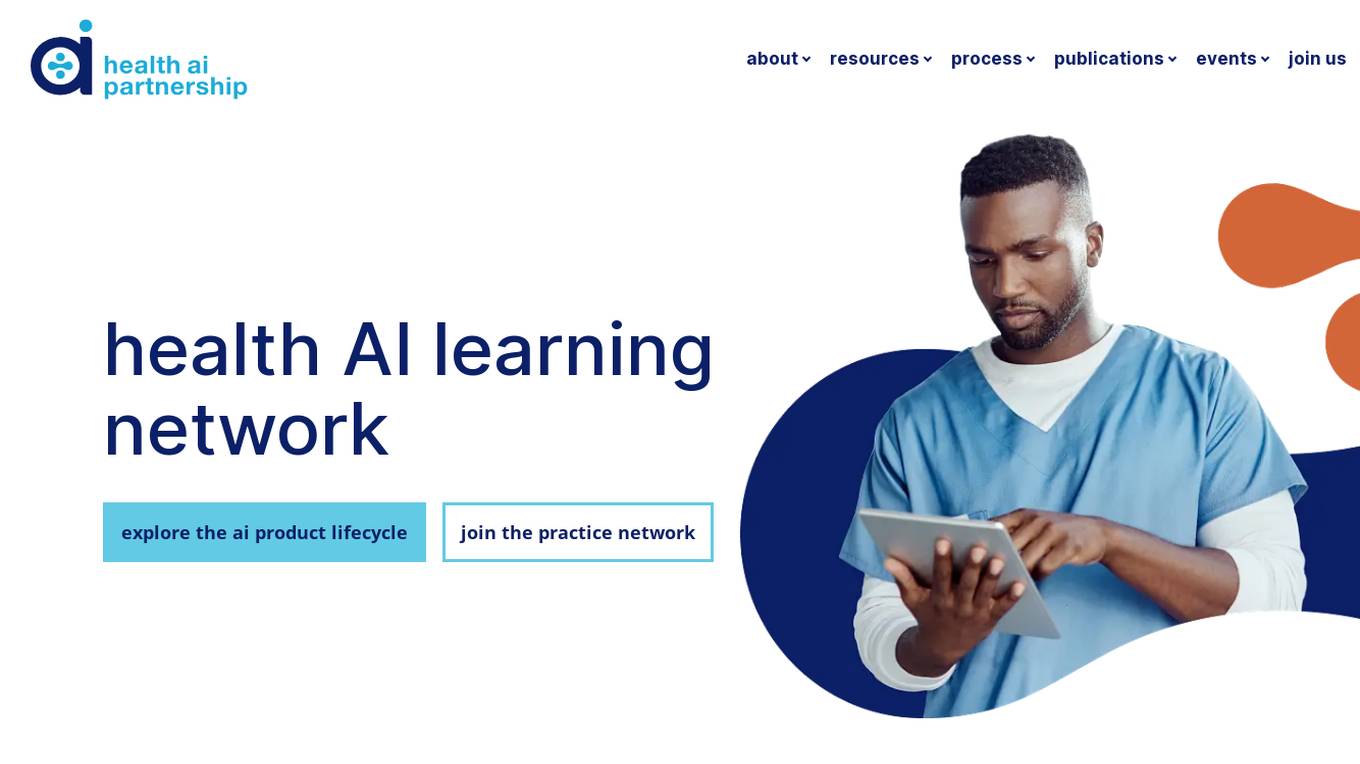
Health AI Partnership
Health AI Partnership (HAIP) is an AI tool designed to empower healthcare professionals to effectively, safely, and equitably use AI through community-informed up-to-date standards. The platform offers resources, publications, events, and a practice network to advance the use of AI in healthcare and support professionals in implementing AI solutions.
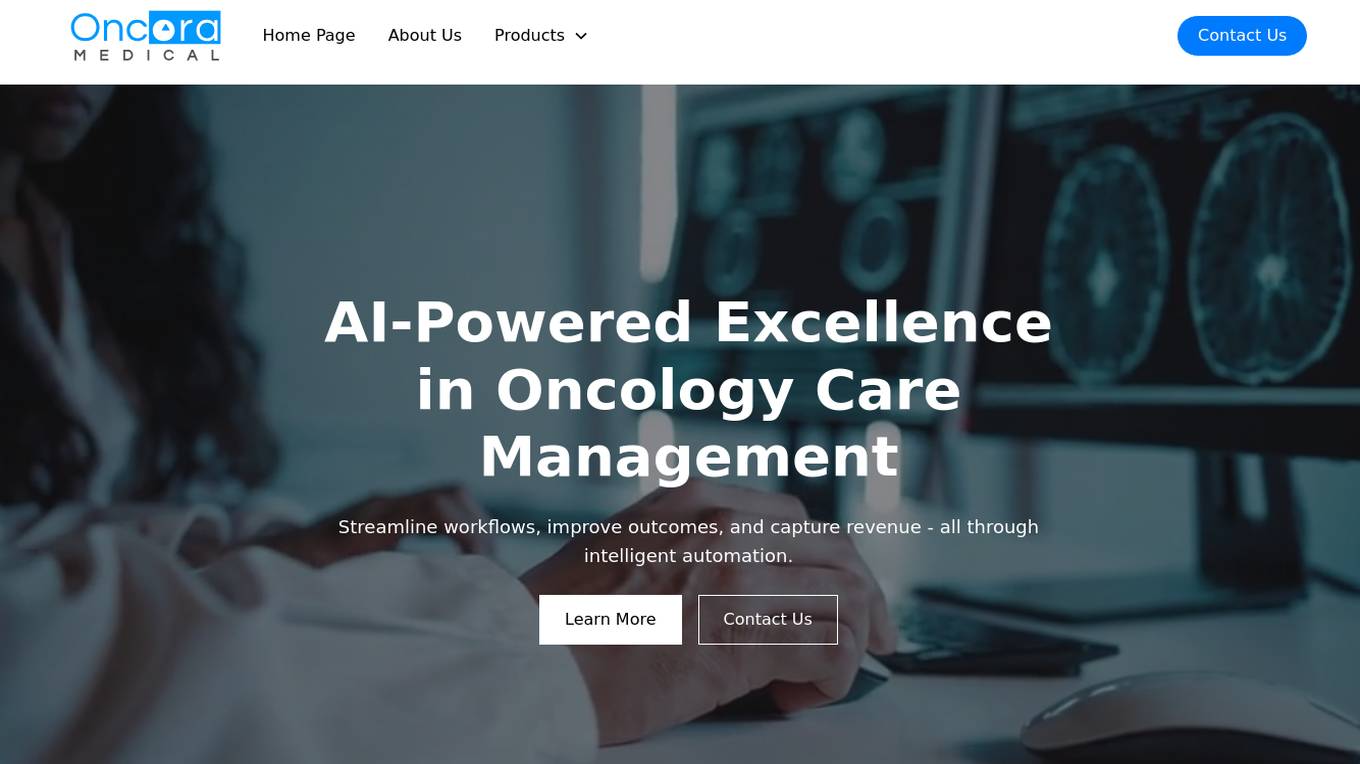
Oncora Medical
Oncora Medical is an AI-powered platform that revolutionizes oncology care management. The platform offers a Clinical Data Platform for automating document generation and enhancing registry informatics. It provides AI-enabled case findings, revenue cycle management solutions, and cancer registry automation. Oncora's comprehensive AI solutions streamline workflows, improve outcomes, and capture revenue through intelligent automation. Trusted by top healthcare organizations worldwide, Oncora empowers healthcare organizations to achieve remarkable results in oncology care.
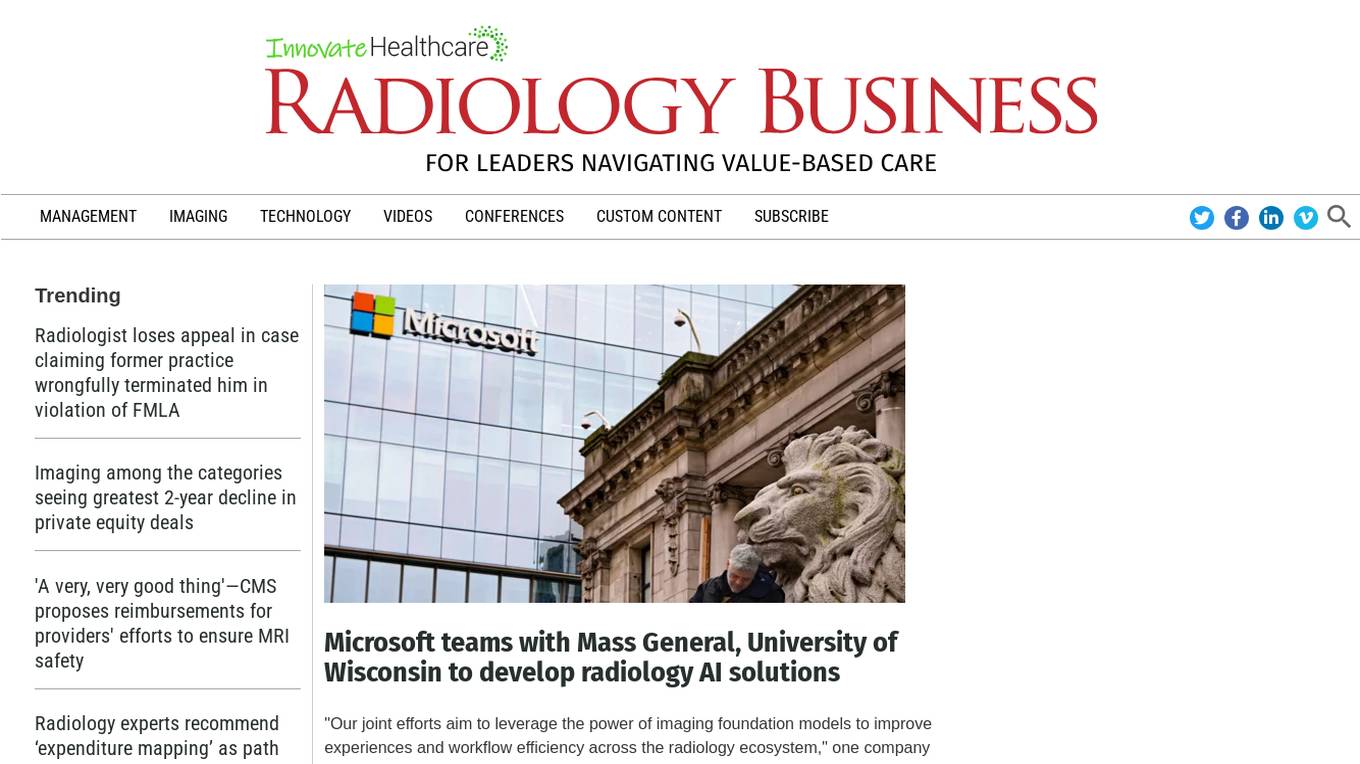
Radiology Business
Radiology Business is an AI tool designed to provide insights and solutions for professionals in the radiology field. The platform covers a wide range of topics including management, imaging, technology, and conferences. It offers news, analysis, and resources to help radiologists stay informed and make informed decisions. Radiology Business aims to leverage artificial intelligence to improve workflow efficiency and enhance the overall experience in the radiology ecosystem.
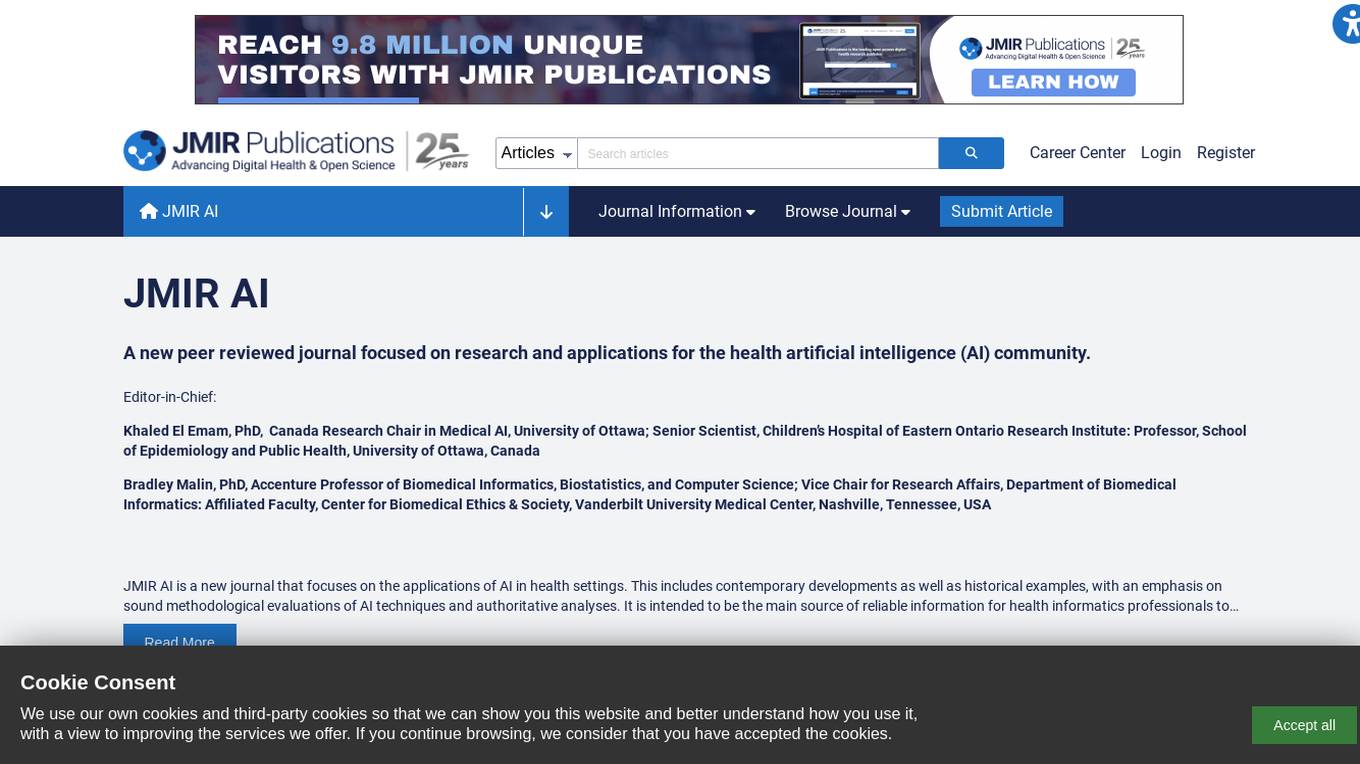
JMIR AI
JMIR AI is a new peer-reviewed journal focused on research and applications for the health artificial intelligence (AI) community. It includes contemporary developments as well as historical examples, with an emphasis on sound methodological evaluations of AI techniques and authoritative analyses. It is intended to be the main source of reliable information for health informatics professionals to learn about how AI techniques can be applied and evaluated.

CBIIT
The National Cancer Institute's Center for Biomedical Informatics and Information Technology (CBIIT) provides a comprehensive suite of tools, resources, and training to support cancer data science research. These resources include data repositories, analytical tools, data standards, and training materials. CBIIT also develops and maintains the NCI Thesaurus, a comprehensive vocabulary of cancer-related terms, and the Cancer Data Standards Registry and Repository (caDSR), a repository of cancer data standards. CBIIT's mission is to accelerate the pace of cancer research by providing researchers with the tools and resources they need to access, analyze, and share cancer data.
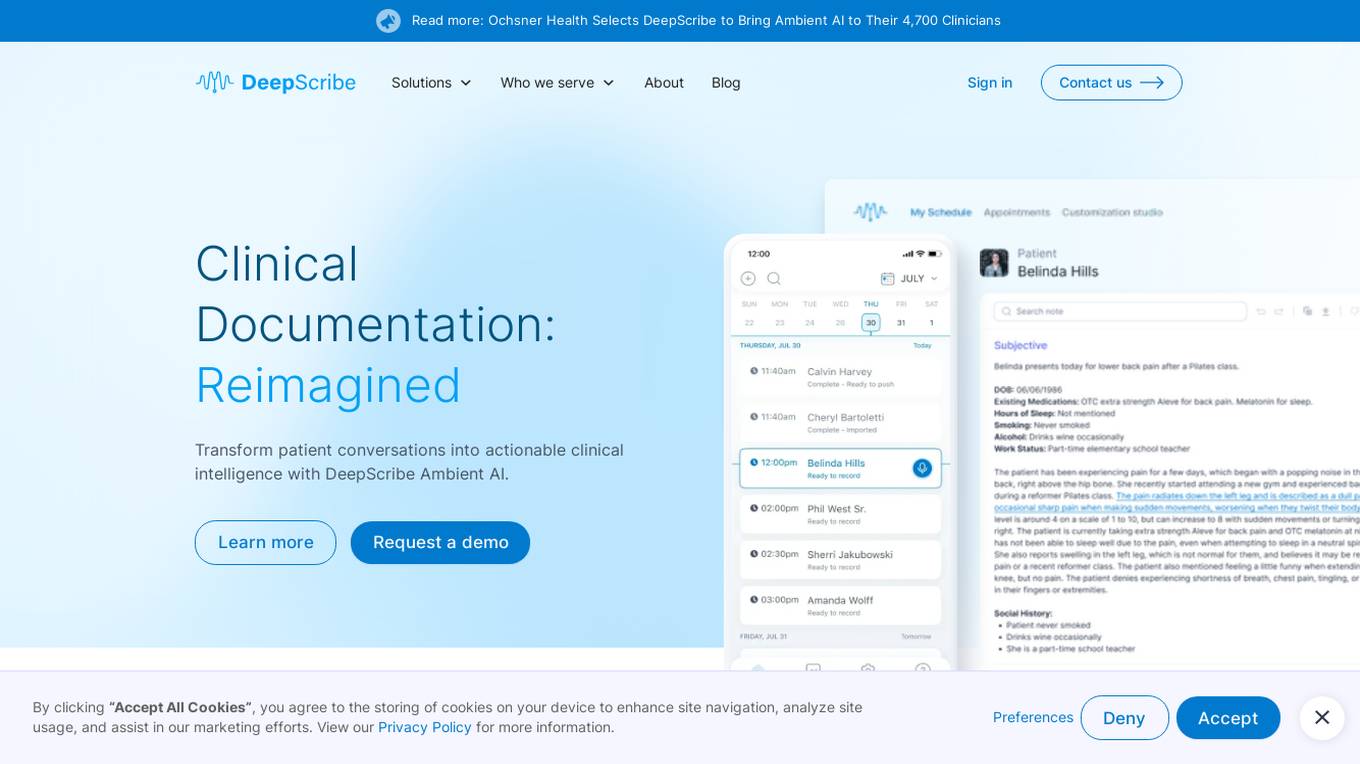
DeepScribe
DeepScribe is an AI medical scribe application that leverages advanced speech recognition technology to capture clinical conversations with extreme accuracy. It empowers clinicians and health systems with real-time AI insights, offers customization options to match provider workflows, and ensures trust and safety through features that promote AI transparency. DeepScribe is designed to save time, improve accuracy, drive adoption, and maximize revenue for doctors, hospitals, and health systems. The application is built for enterprise use, allowing users to unlock the power of AI and modernize their patient data strategy.
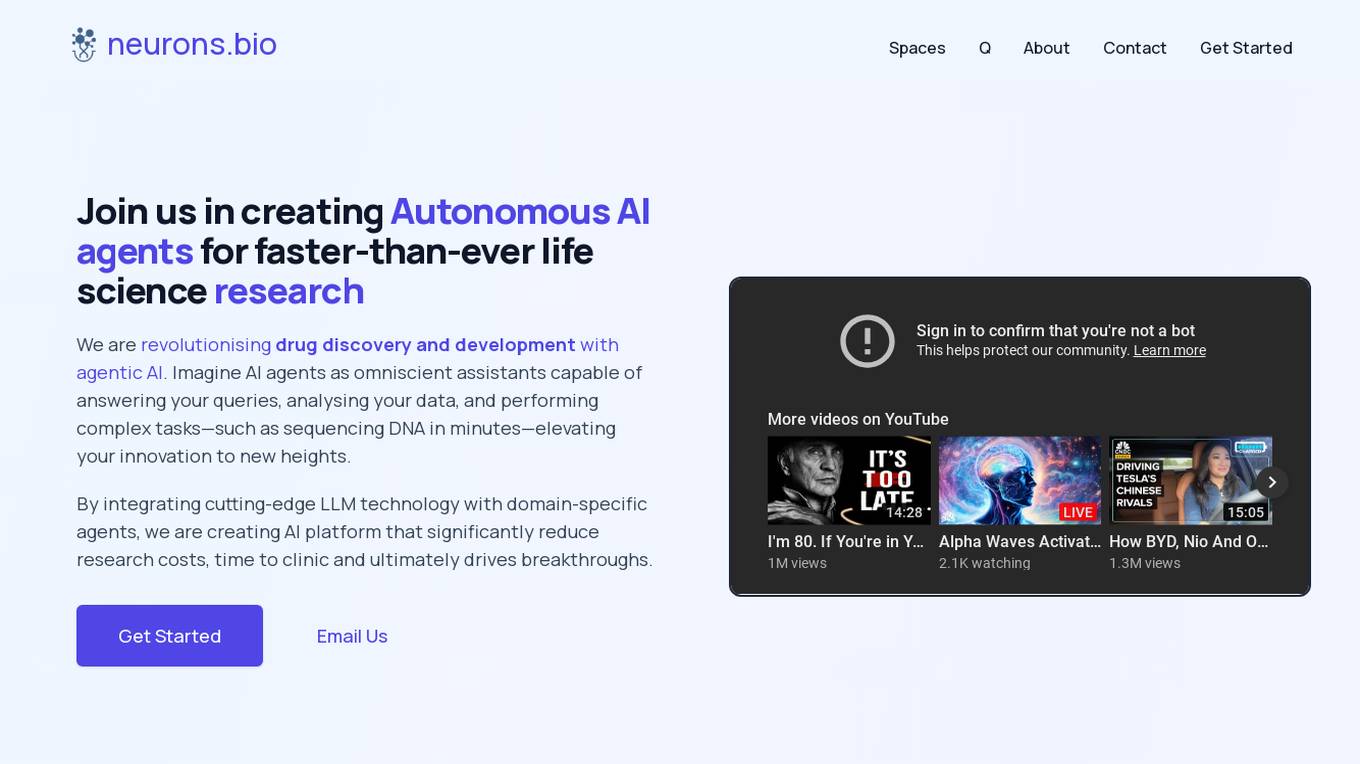
neurons.bio
neurons.bio is an AI application that offers a unique collection of over 100 AI agents designed for drug development, medicine, and life science research. These agents perform specific tasks efficiently, retrieve data from various sources, and provide insights to accelerate research processes. The platform aims to revolutionize drug discovery and development by integrating cutting-edge LLM technology with domain-specific agents, reducing research costs and time to clinic.
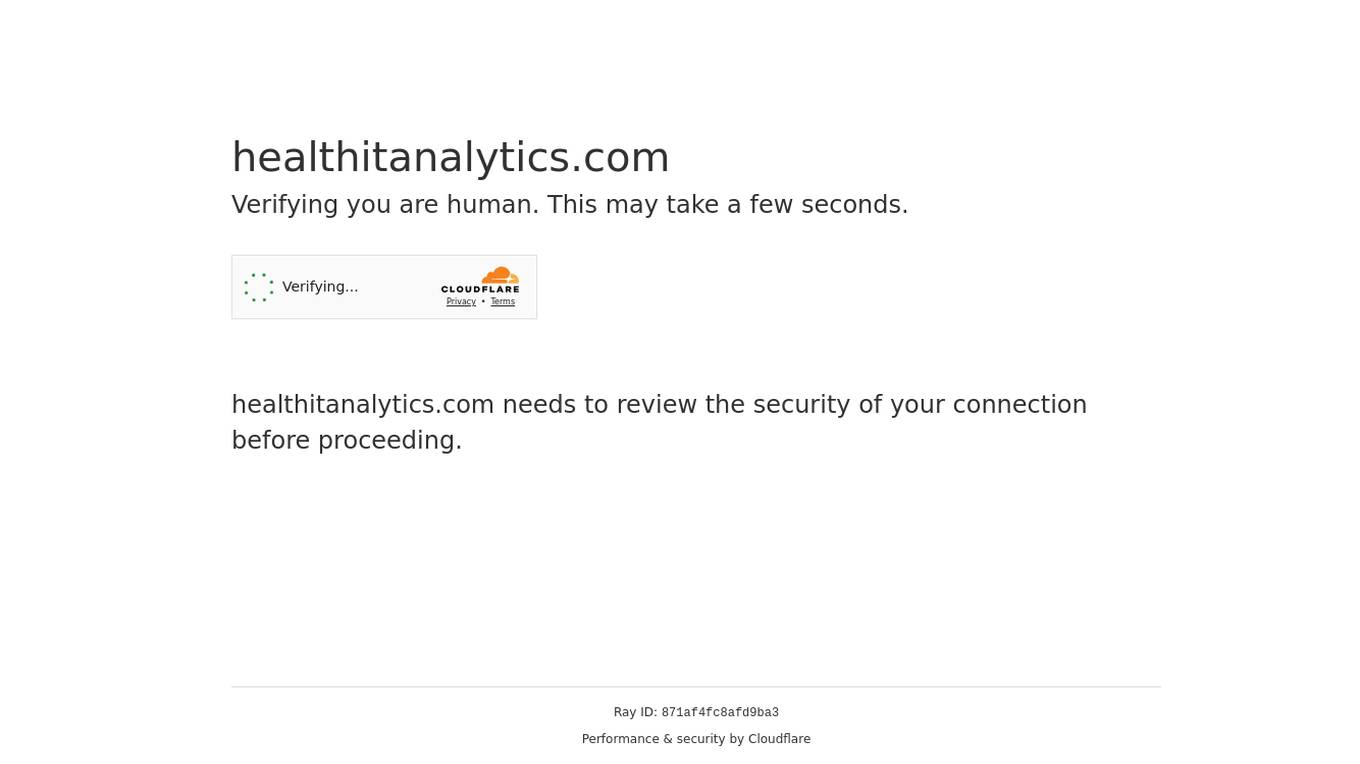
HealthITAnalytics
HealthITAnalytics is a leading source of news, insights, and analysis on the use of information technology in healthcare. The website covers a wide range of topics, including artificial intelligence, machine learning, data analytics, and population health management. HealthITAnalytics also provides resources for healthcare professionals, such as white papers, webinars, and podcasts.

Wolters Kluwer
Wolters Kluwer is a global provider of professional information, software solutions, and services for various industries, including healthcare, tax and accounting, ESG, finance, compliance, and legal. The company's solutions combine domain expertise with advanced technology to help professionals make informed decisions, optimize processes, and achieve better outcomes. Wolters Kluwer's offerings include clinical decision support tools, tax and accounting software, ESG reporting solutions, regulatory compliance solutions, and legal research databases.
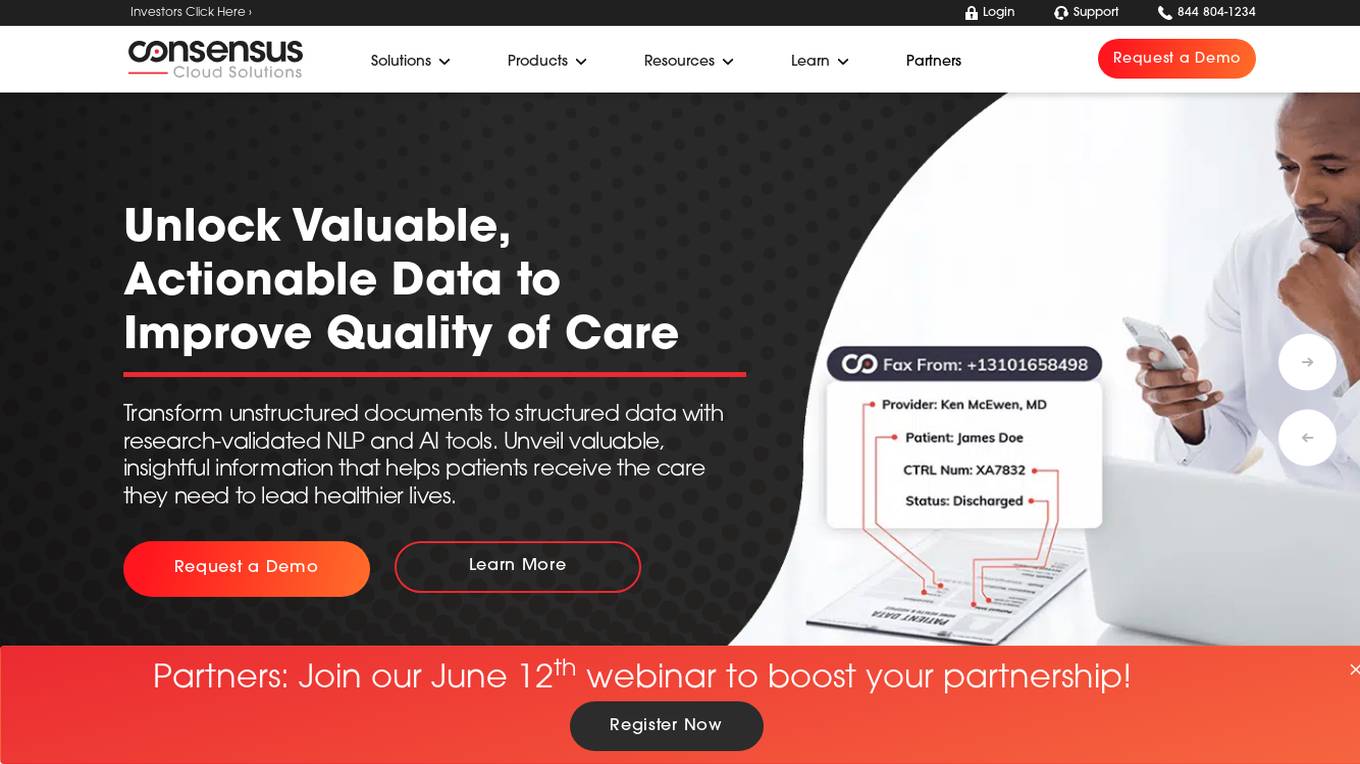
Consensus
Consensus is a healthcare interoperability platform that simplifies data exchange and document processing through artificial intelligence technologies. It offers solutions for clinical documentation, HIPAA compliance, natural language processing, and robotic process automation. Consensus enables secure and efficient data exchange among healthcare providers, insurers, and other stakeholders, improving care coordination and operational efficiency.

Iodine Software
Iodine Software is a healthcare technology company that provides AI-enabled solutions for revenue cycle management, clinical documentation integrity, and utilization management. The company's flagship product, AwareCDI, is a suite of solutions that addresses the root causes of mid-cycle revenue leakage from admission through post-billing review. AwareCDI uses Iodine's CognitiveML AI engine to spot what is missing in patient documentation based on clinical evidence. This enables healthcare organizations to maximize documentation integrity and revenue capture. Iodine Software also offers AwareUM, a continuous, intelligent prioritization solution for peak UM performance.
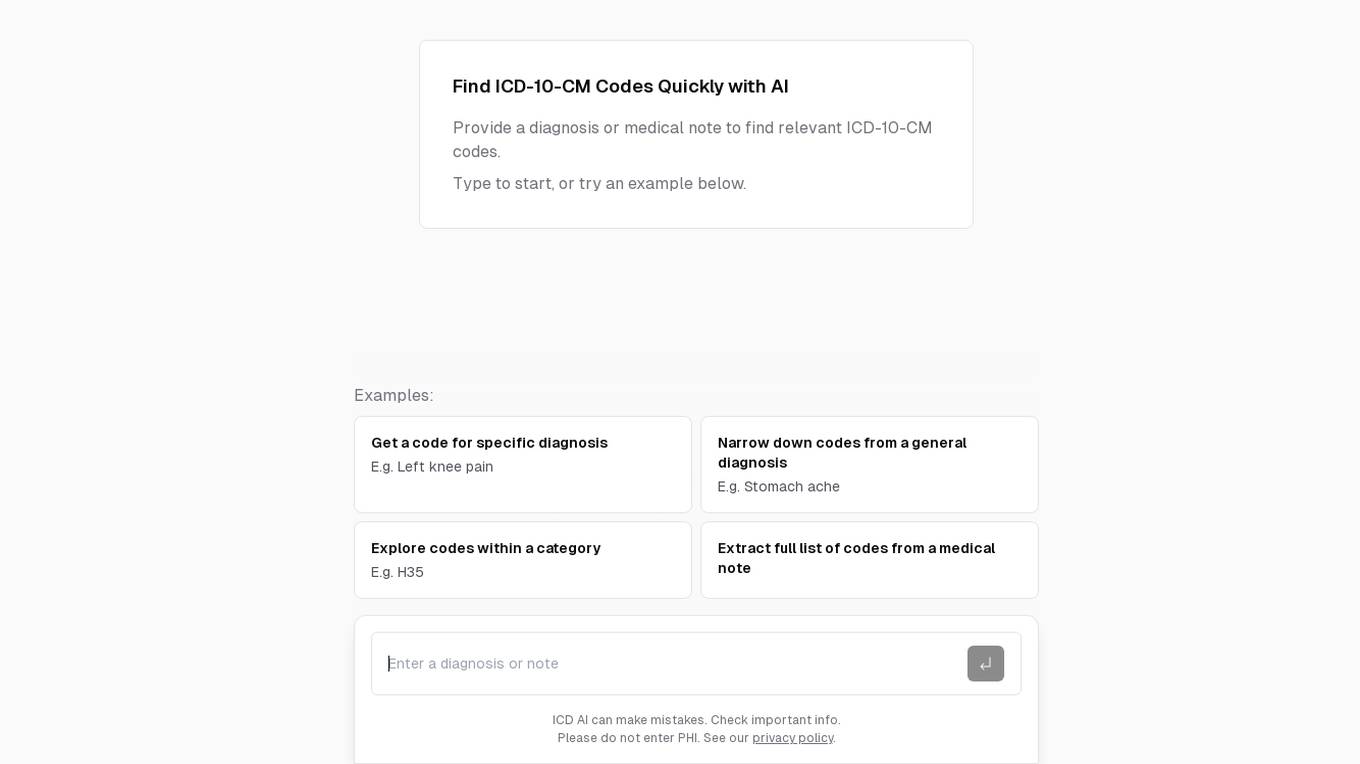
ICD AI
ICD AI is an advanced artificial intelligence tool designed to assist healthcare professionals in accurately assigning diagnostic codes to patient records. The tool utilizes machine learning algorithms to analyze medical data and suggest appropriate ICD codes, streamlining the coding process and reducing errors. With its user-friendly interface and robust features, ICD AI is revolutionizing medical coding practices and improving efficiency in healthcare facilities.
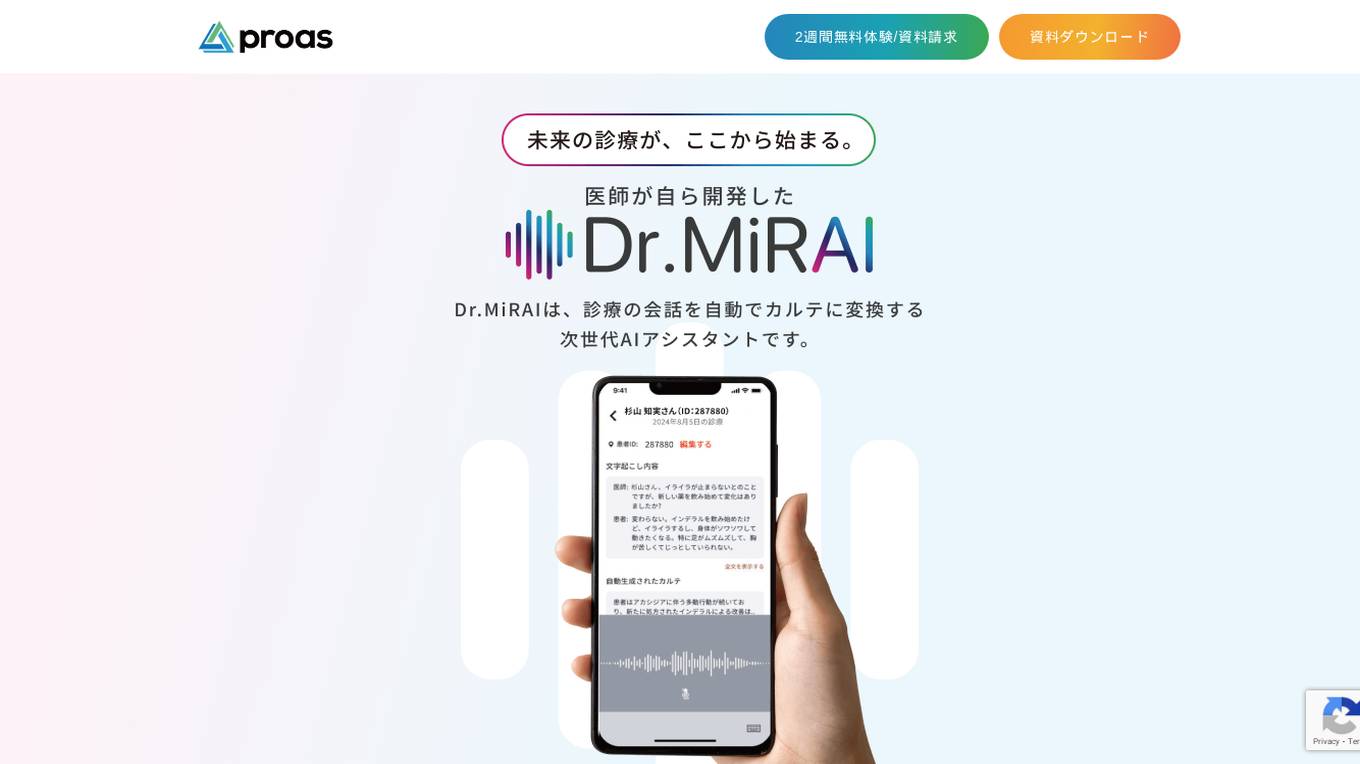
Dr.MiRAI
Dr.MiRAI is a next-generation AI assistant that automatically converts medical conversations into medical records. It simplifies the process of generating electronic medical records by using AI to transcribe voice data from medical consultations. The application helps save time spent on recording tasks, allowing healthcare professionals to focus more on patient interactions. It also ensures accuracy by reducing human errors in manual record-keeping. Dr.MiRAI offers features such as automatic conversion to required document formats, integration with existing electronic medical record systems, and continuous learning capabilities.
1 - Open Source Tools

AMIE-pytorch
Implementation of the general framework for AMIE, from the paper Towards Conversational Diagnostic AI, out of Google Deepmind. This repository provides a Pytorch implementation of the AMIE framework, aimed at enabling conversational diagnostic AI. It is a work in progress and welcomes collaboration from individuals with a background in deep learning and an interest in medical applications.
20 - OpenAI Gpts
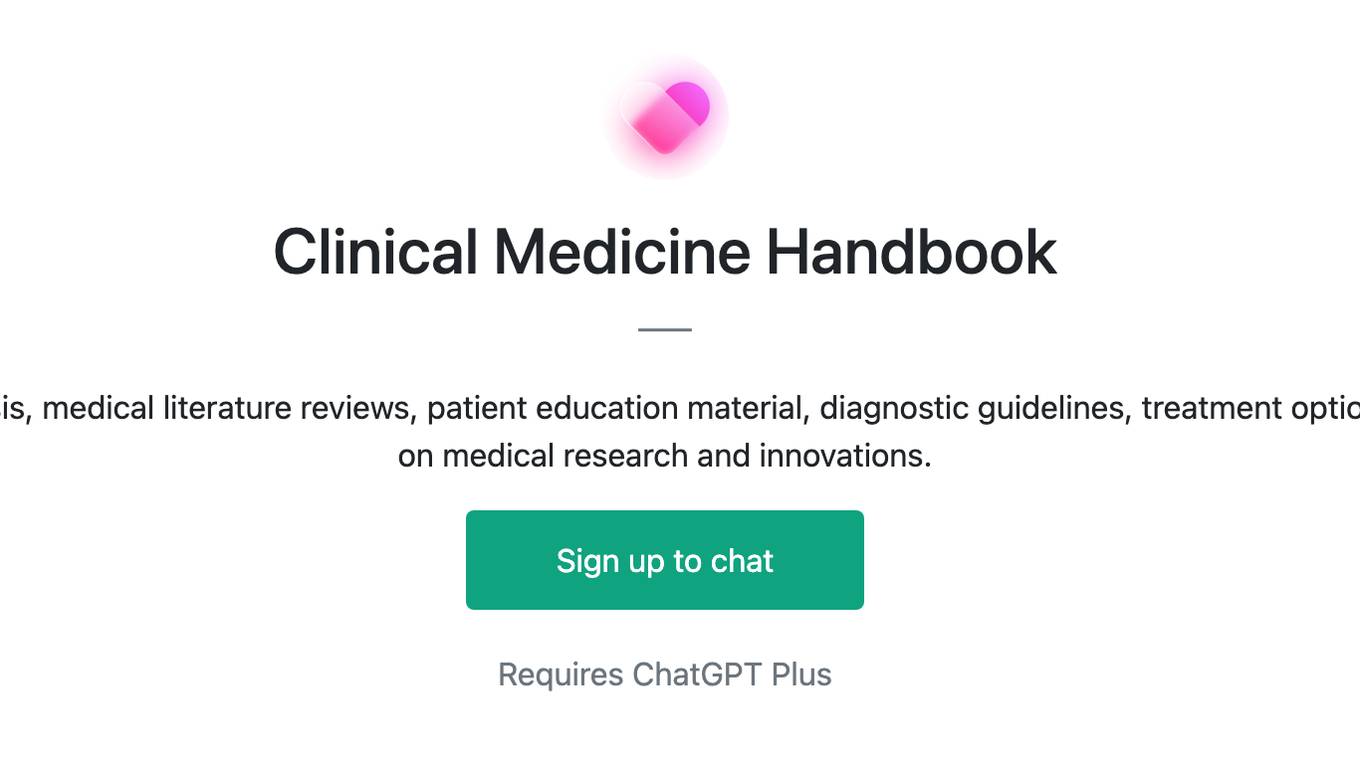
Clinical Medicine Handbook
I can assist doctors with information synthesis, medical literature reviews, patient education material, diagnostic guidelines, treatment options, ethical dilemmas, and staying updated on medical research and innovations.
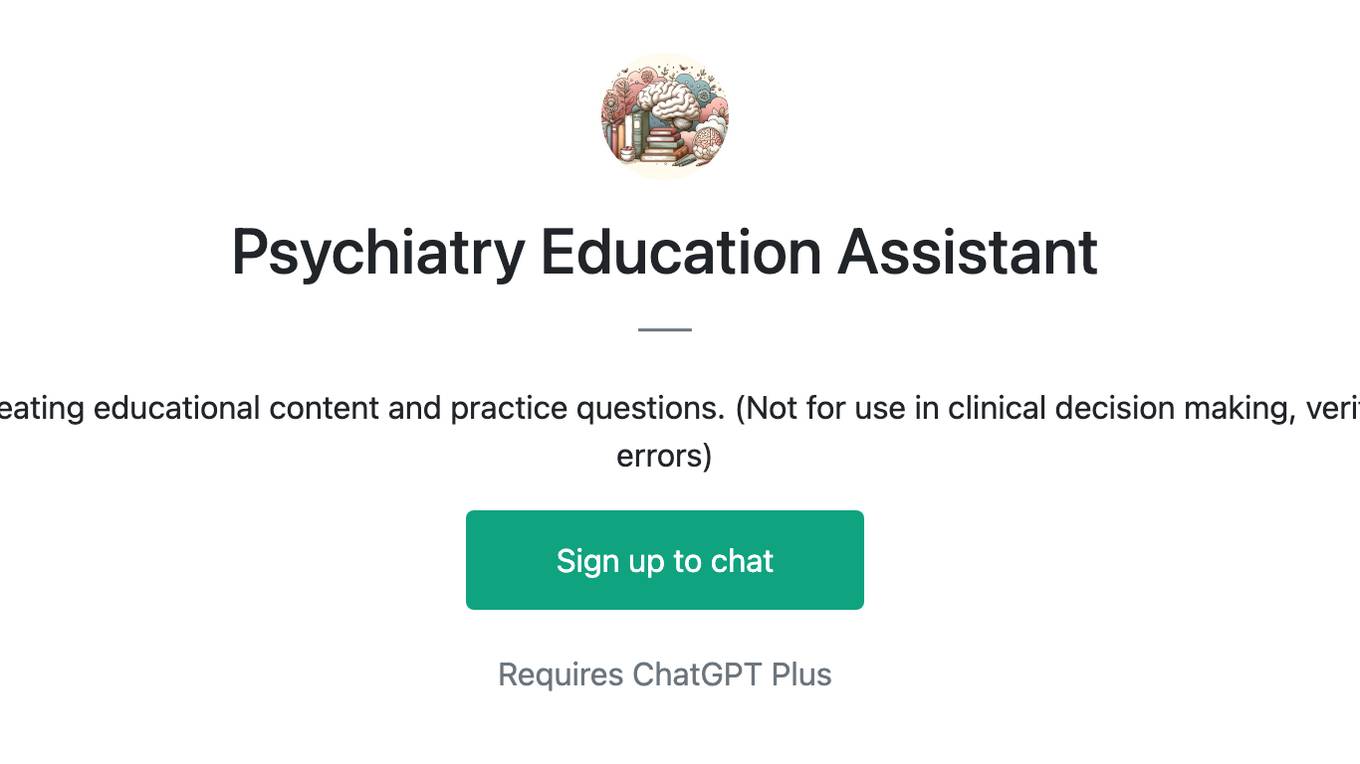
Psychiatry Education Assistant
An academic assistant for psychiatrists, creating educational content and practice questions. (Not for use in clinical decision making, verify all information, as model may produce errors)
🩺 HealthWise Buddy 📘
Your go-to virtual companion for understanding medical conditions, treatments, and wellness tips! Empowers you with knowledge for informed health decisions. 🚑📚
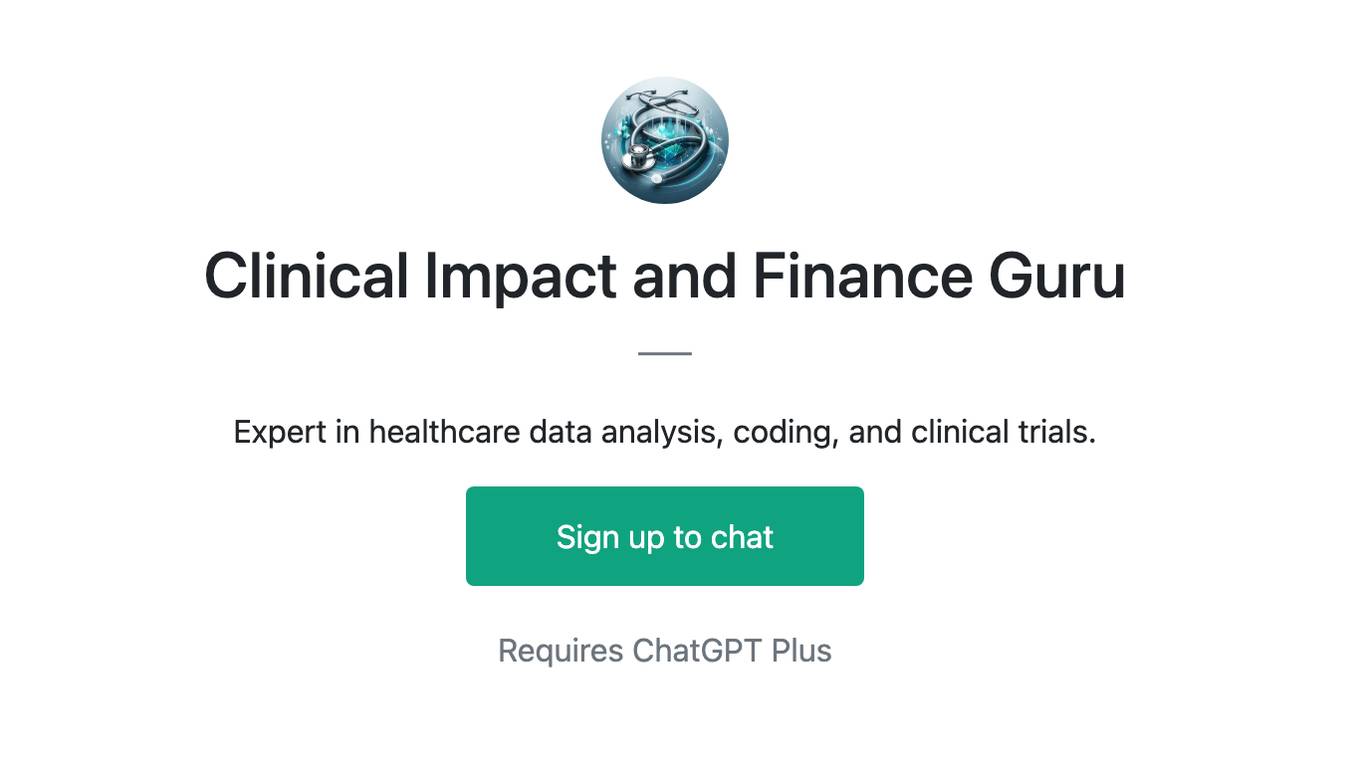
Clinical Impact and Finance Guru
Expert in healthcare data analysis, coding, and clinical trials.
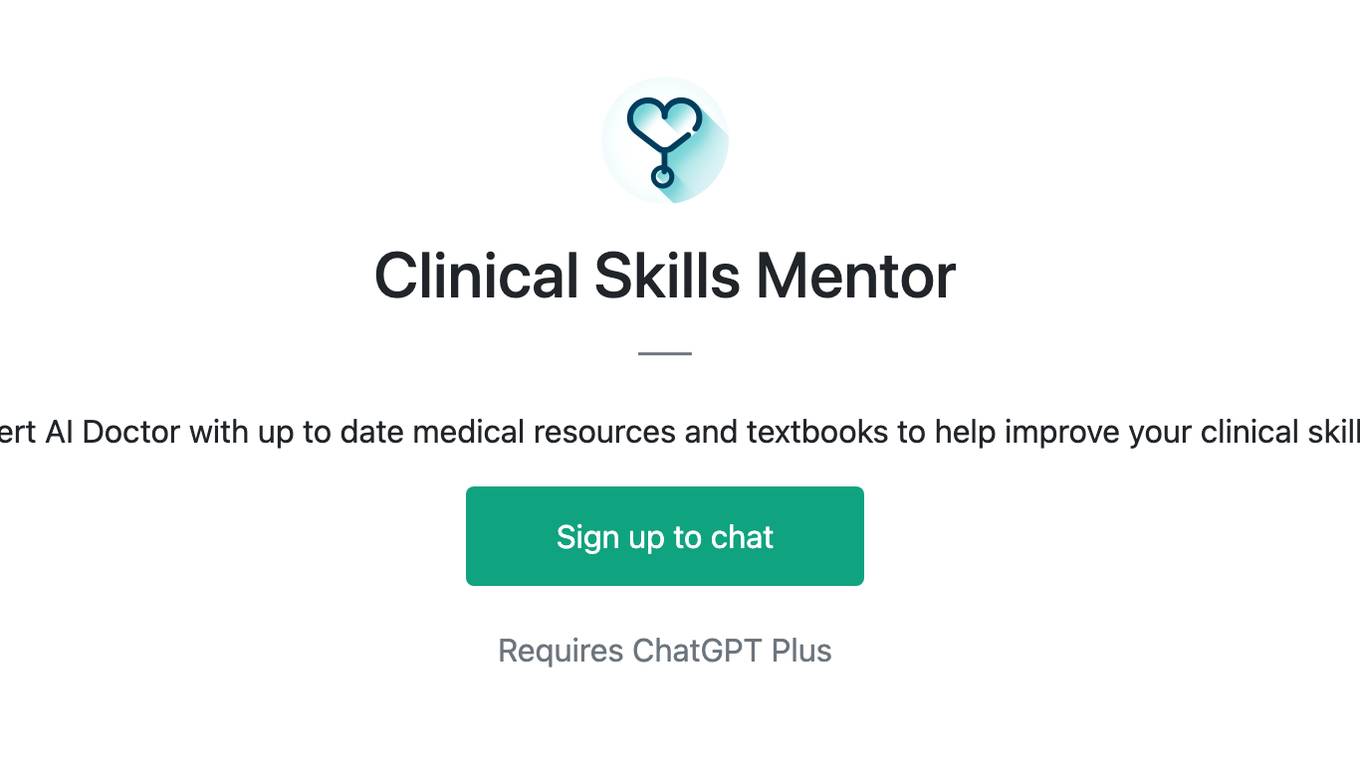
Clinical Skills Mentor
Expert AI Doctor with up to date medical resources and textbooks to help improve your clinical skills.
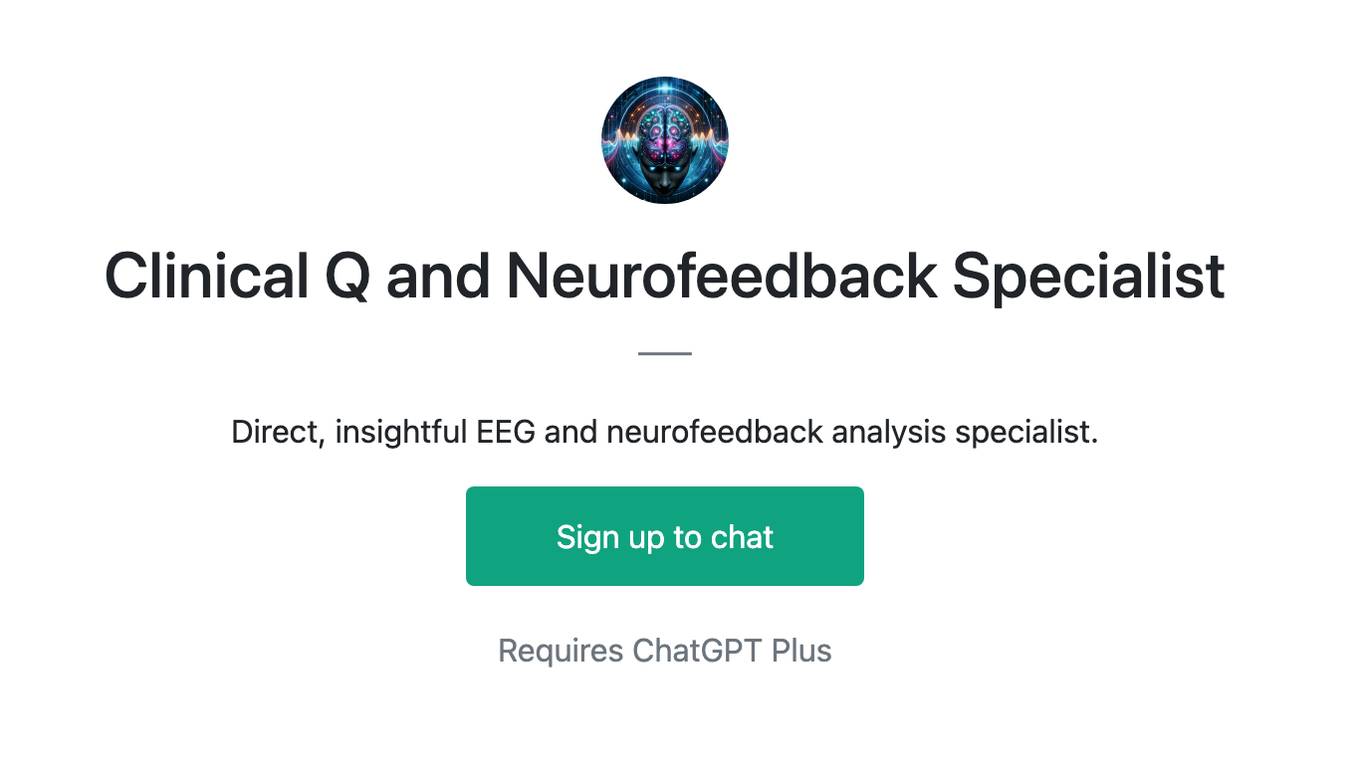
Clinical Q and Neurofeedback Specialist
Direct, insightful EEG and neurofeedback analysis specialist.
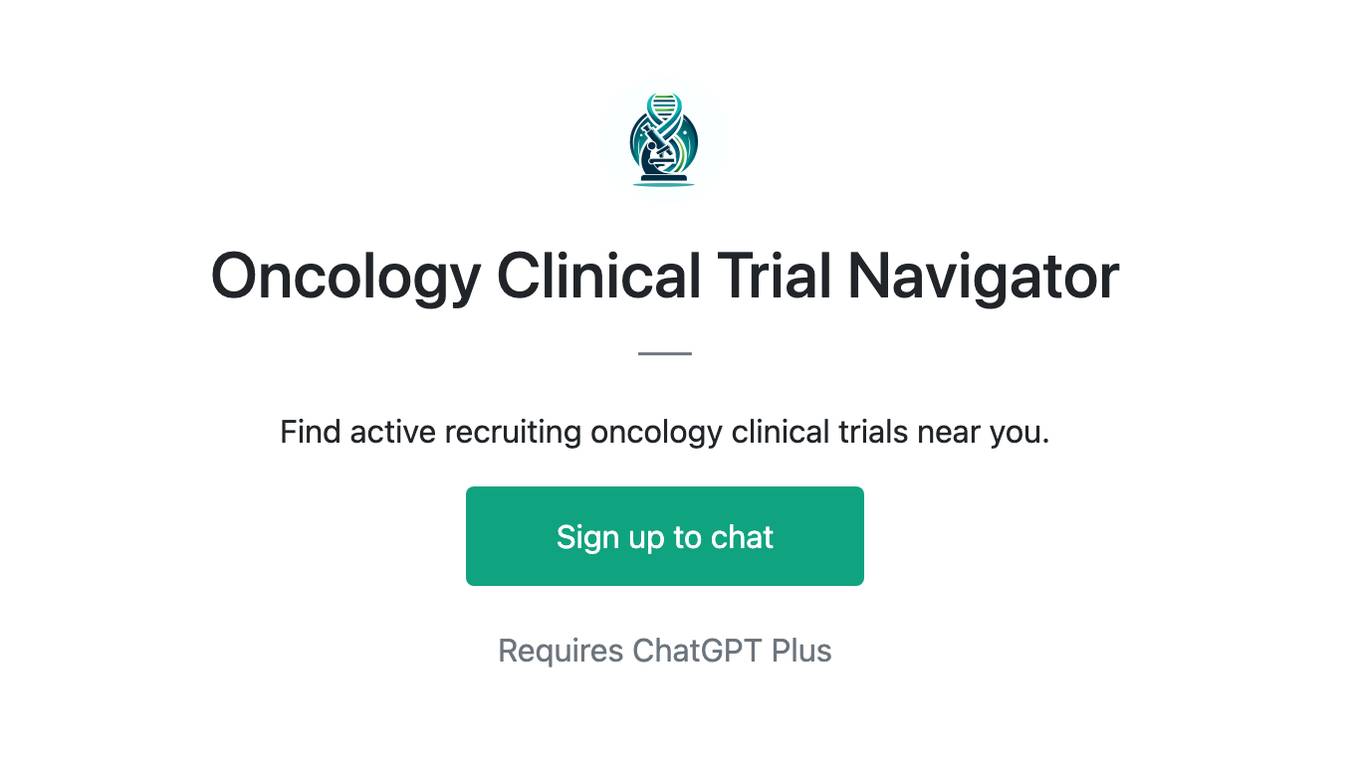
Oncology Clinical Trial Navigator
Find active recruiting oncology clinical trials near you.
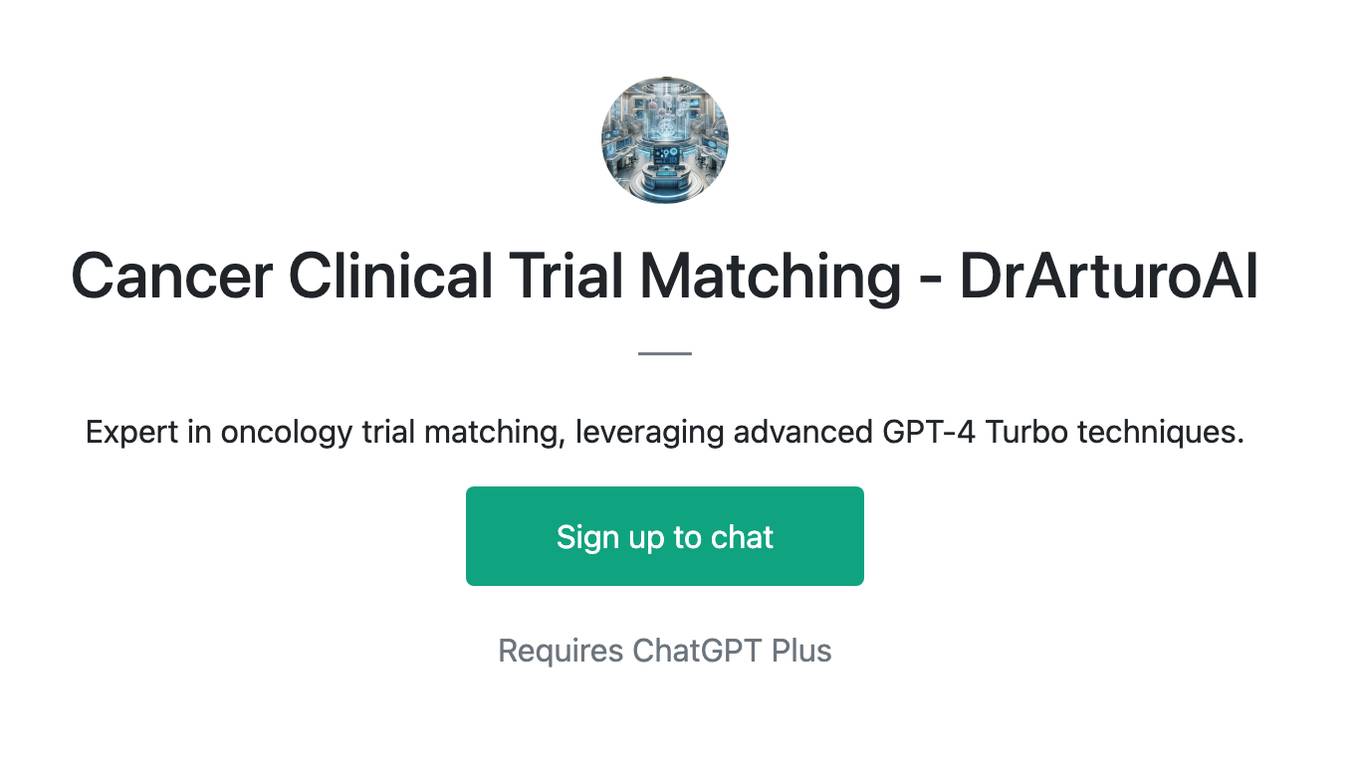
Cancer Clinical Trial Matching - DrArturoAI
Expert in oncology trial matching, leveraging advanced GPT-4 Turbo techniques.
